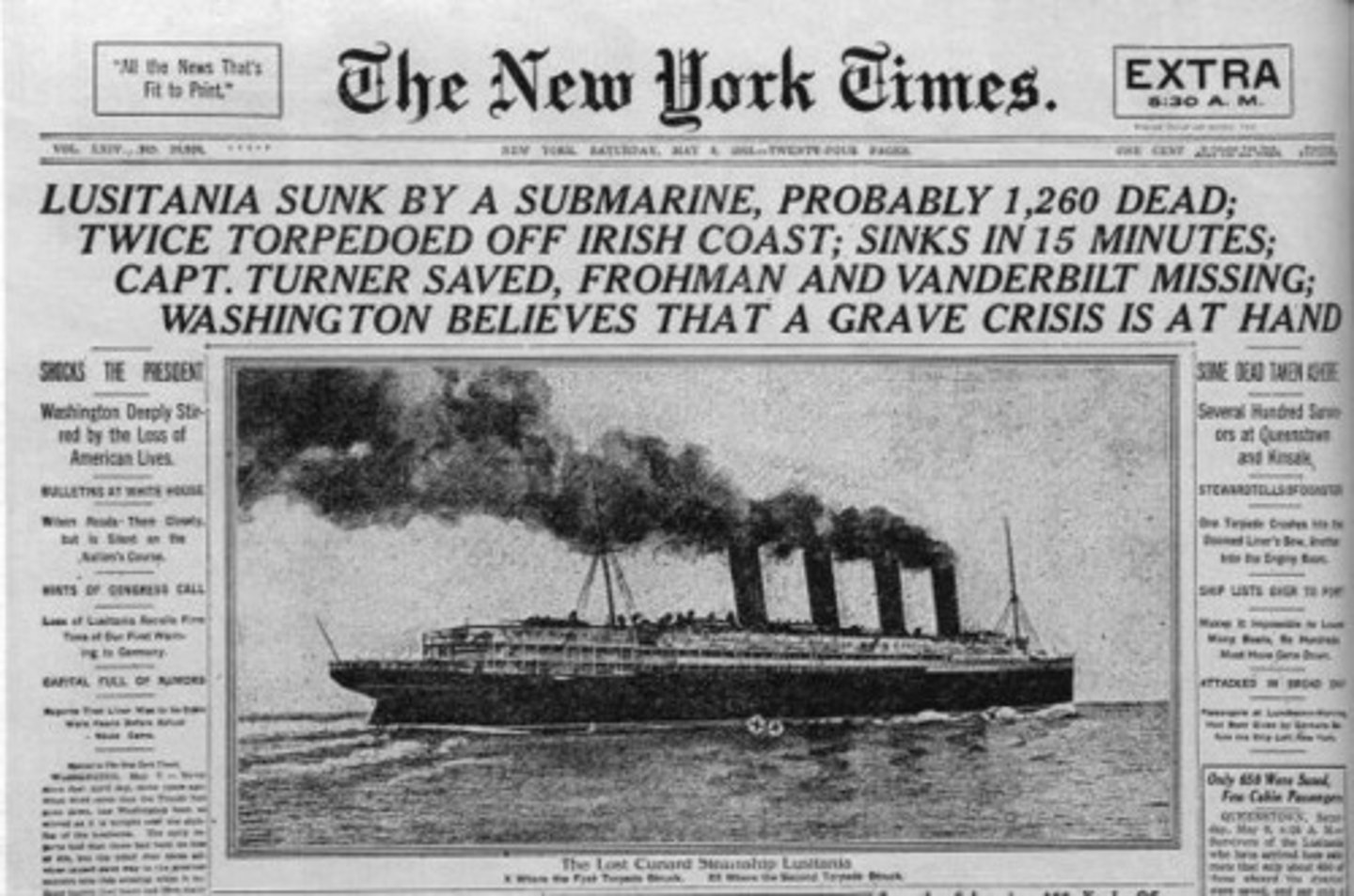US Imperialism/WWI
1/40
There's no tags or description
Looks like no tags are added yet.
Name | Mastery | Learn | Test | Matching | Spaced | Call with Kai |
|---|
No analytics yet
Send a link to your students to track their progress
41 Terms
1898
Spanish-American War - US acquires Philippines, Cuba, Guam, & Puerto Rico
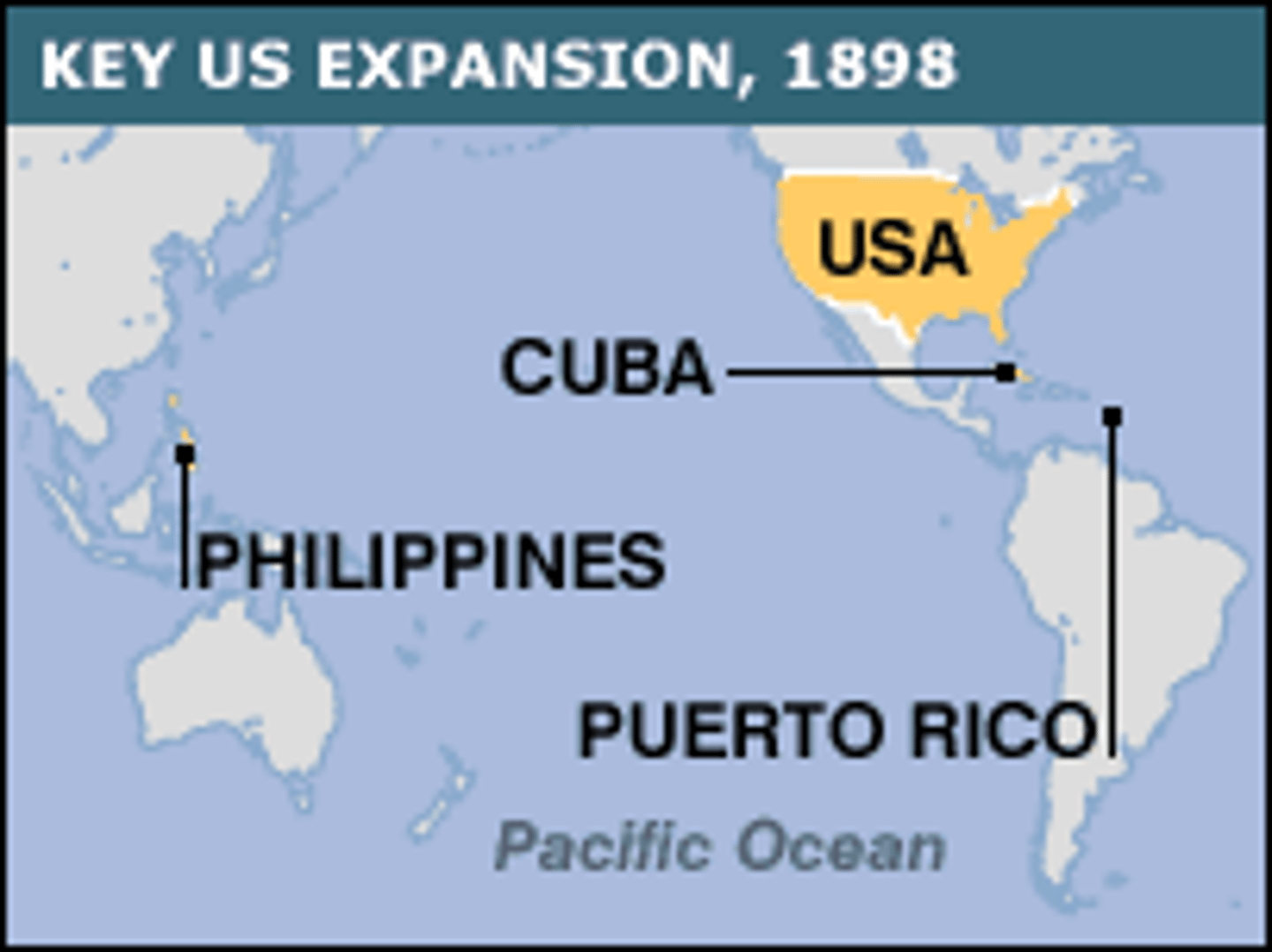
Imperialism
A policy of extending a country's power and influence through diplomacy or military force.
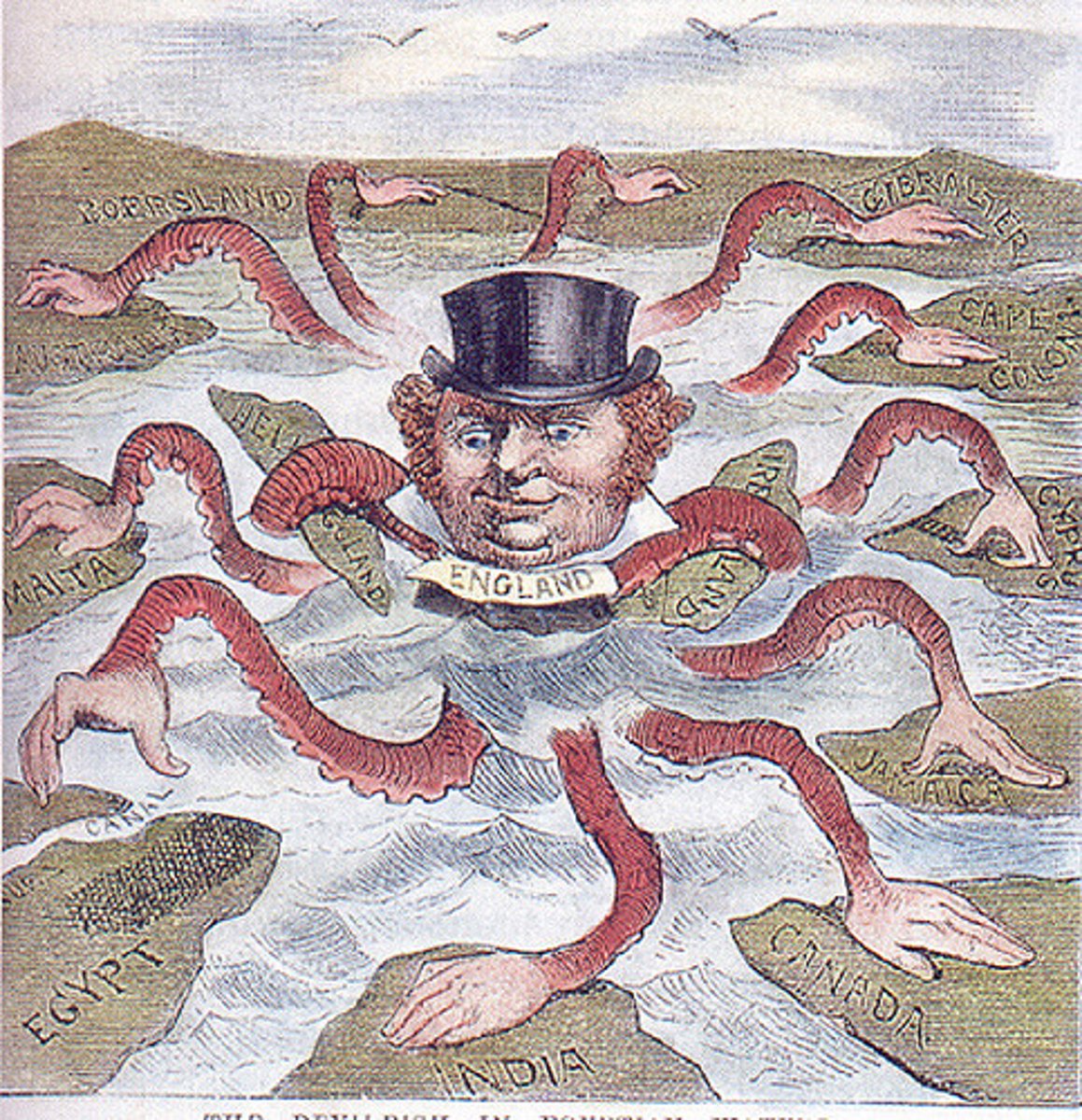
Big Stick Diplomacy
The policy held by Teddy Roosevelt in foreign affairs. The "big stick" symbolizes his power and readiness to use military force if necessary. It is a way of intimidating countries without actually harming them.
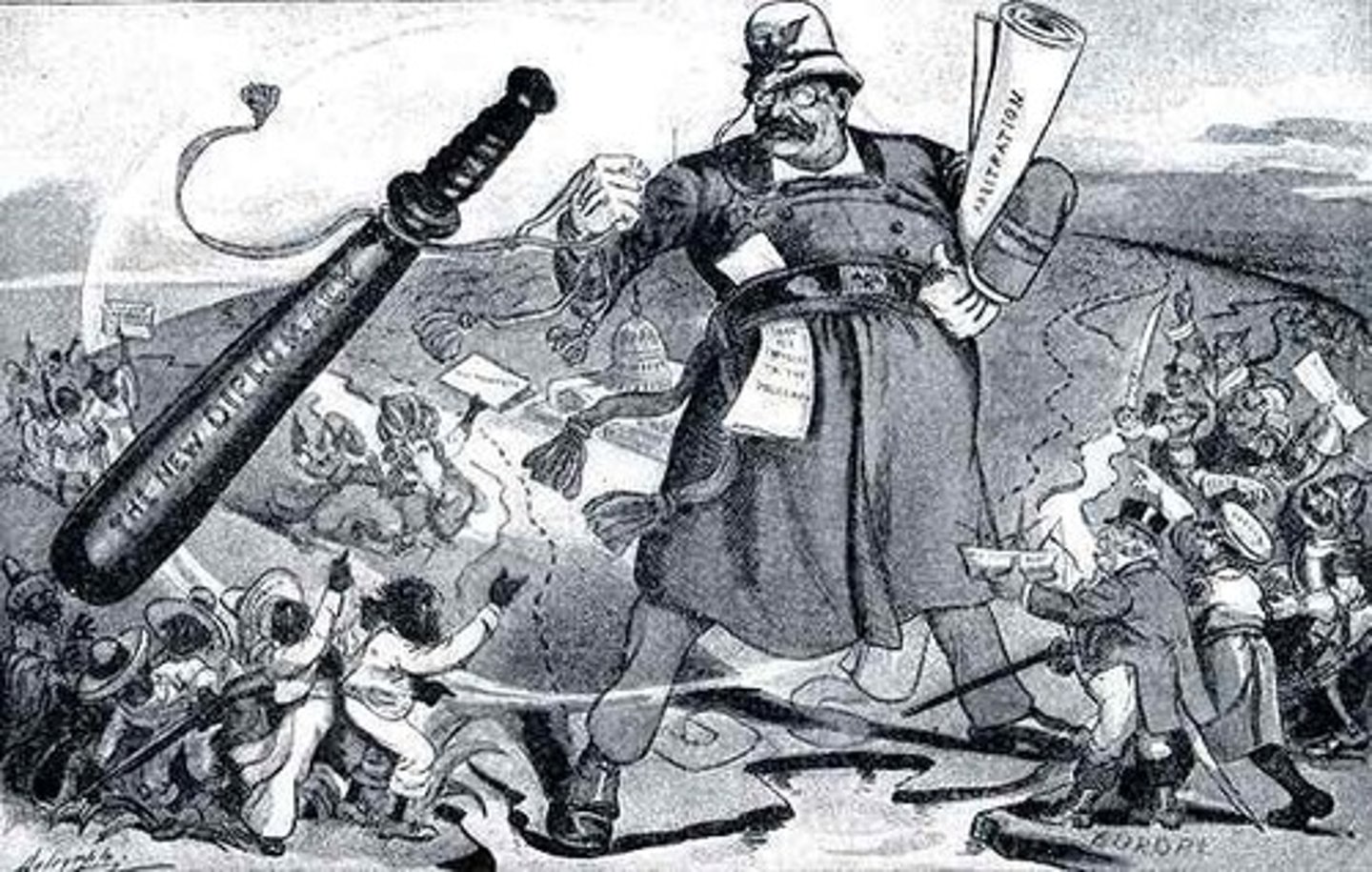
Alfred Thayer Mahan
Navy officer whose ideas on naval warfare and the importance of sea-power changed how America viewed its navy; wrote "The influence of Sea Power upon History"
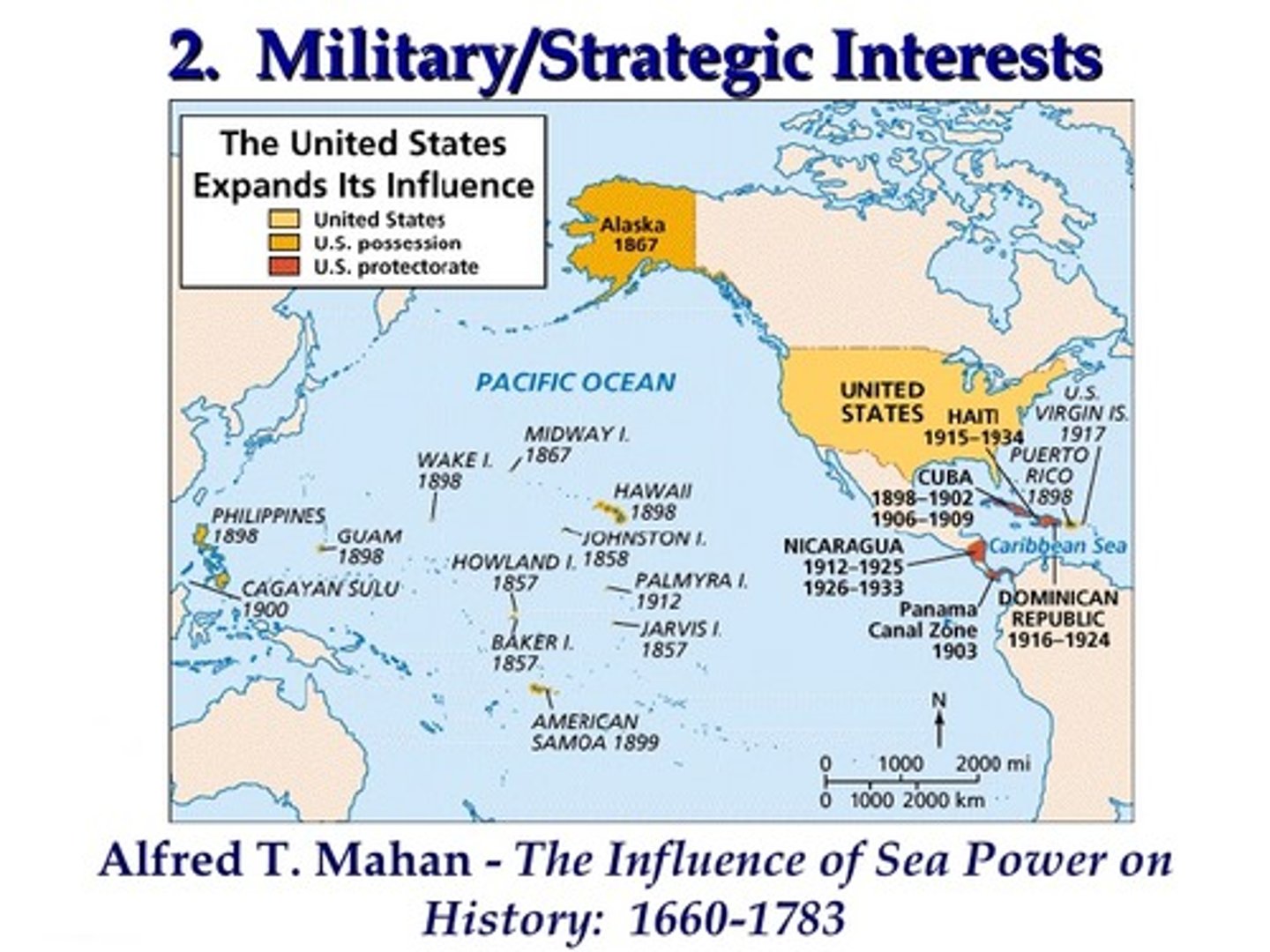
Queen Liliuokalani
the Hawaiian queen who was forced out of power by a revolution started by American business interests
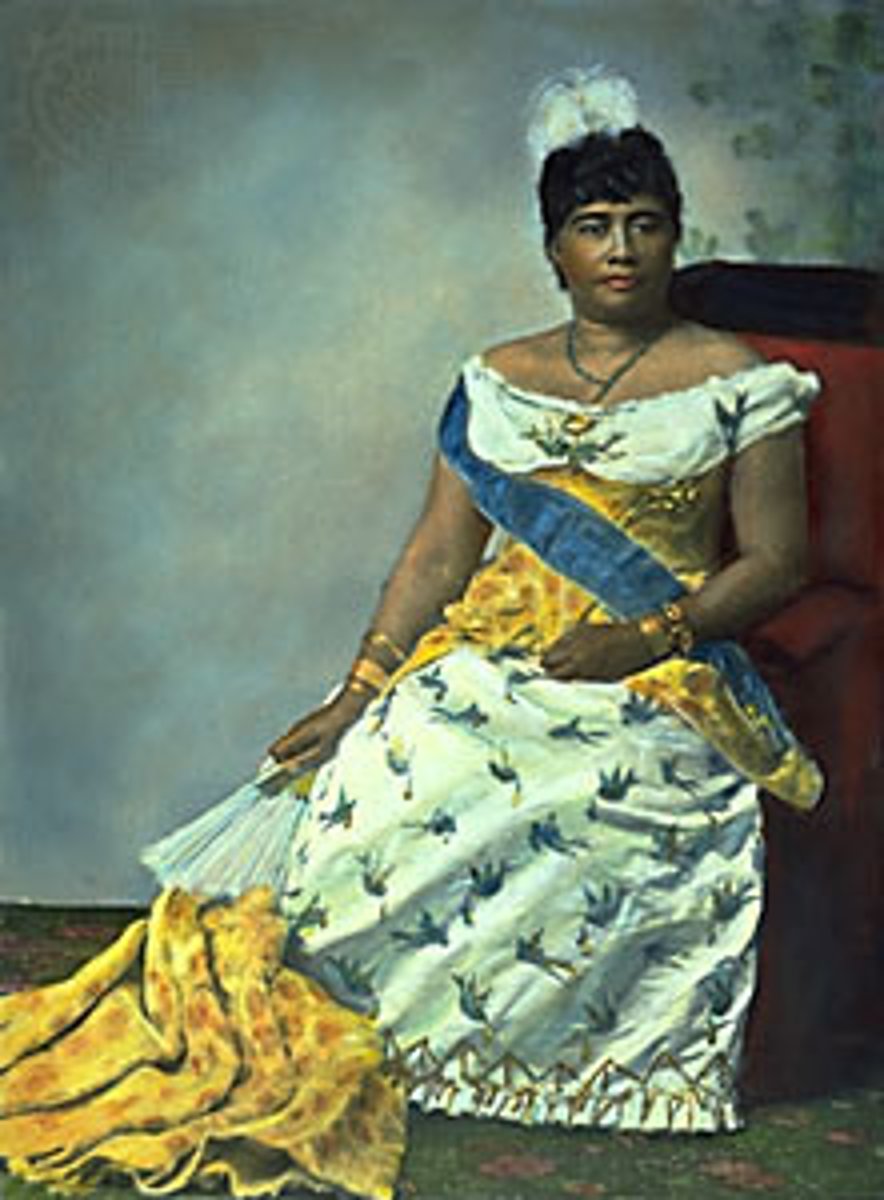
Dollar Diplomacy
President Taft's policy of linking American business interests to diplomatic interests abroad
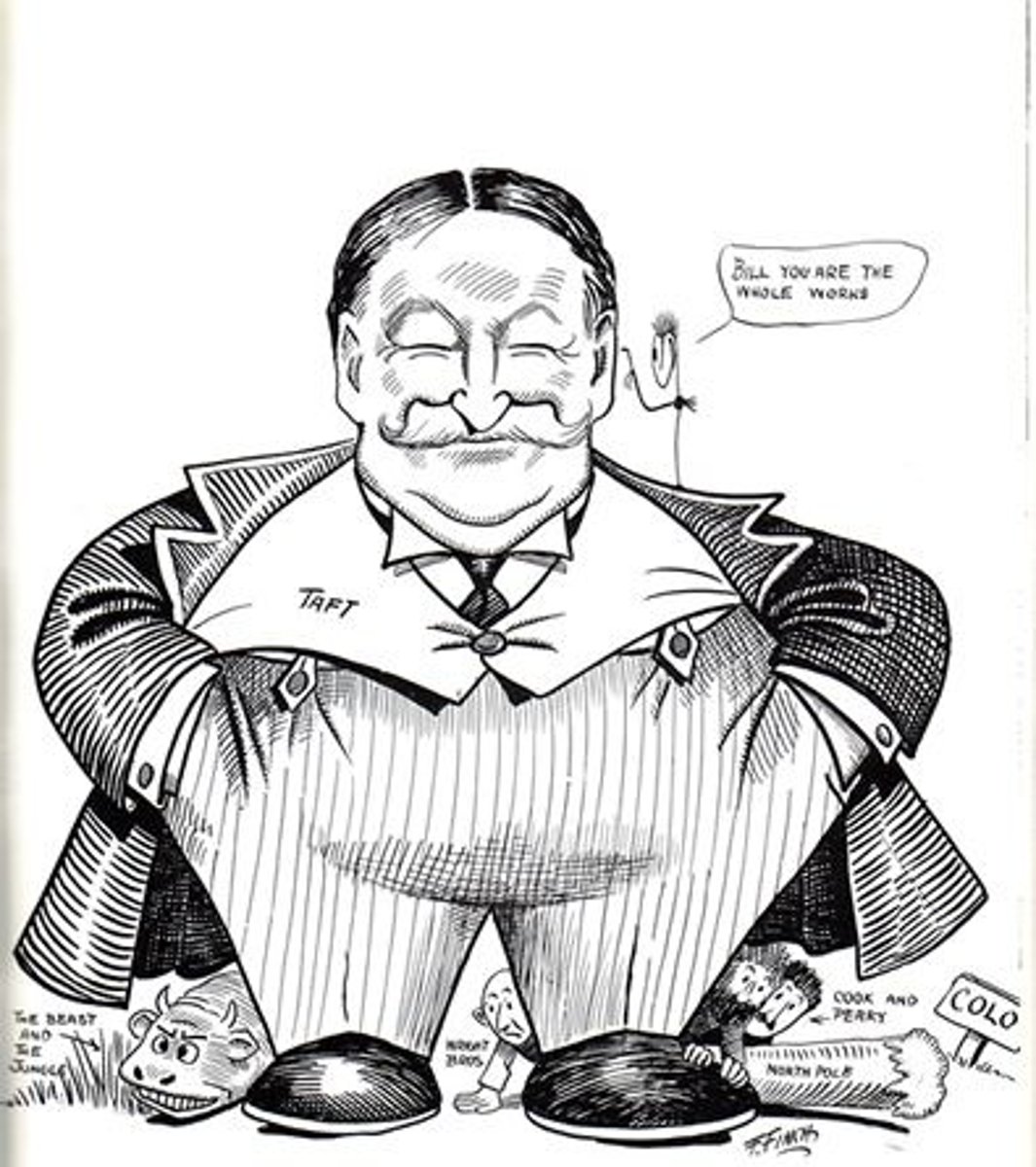
Panama Canal
(TR) , The United States built the Panama Canal to have a quicker passage to the Pacific from the Atlantic and vice versa.
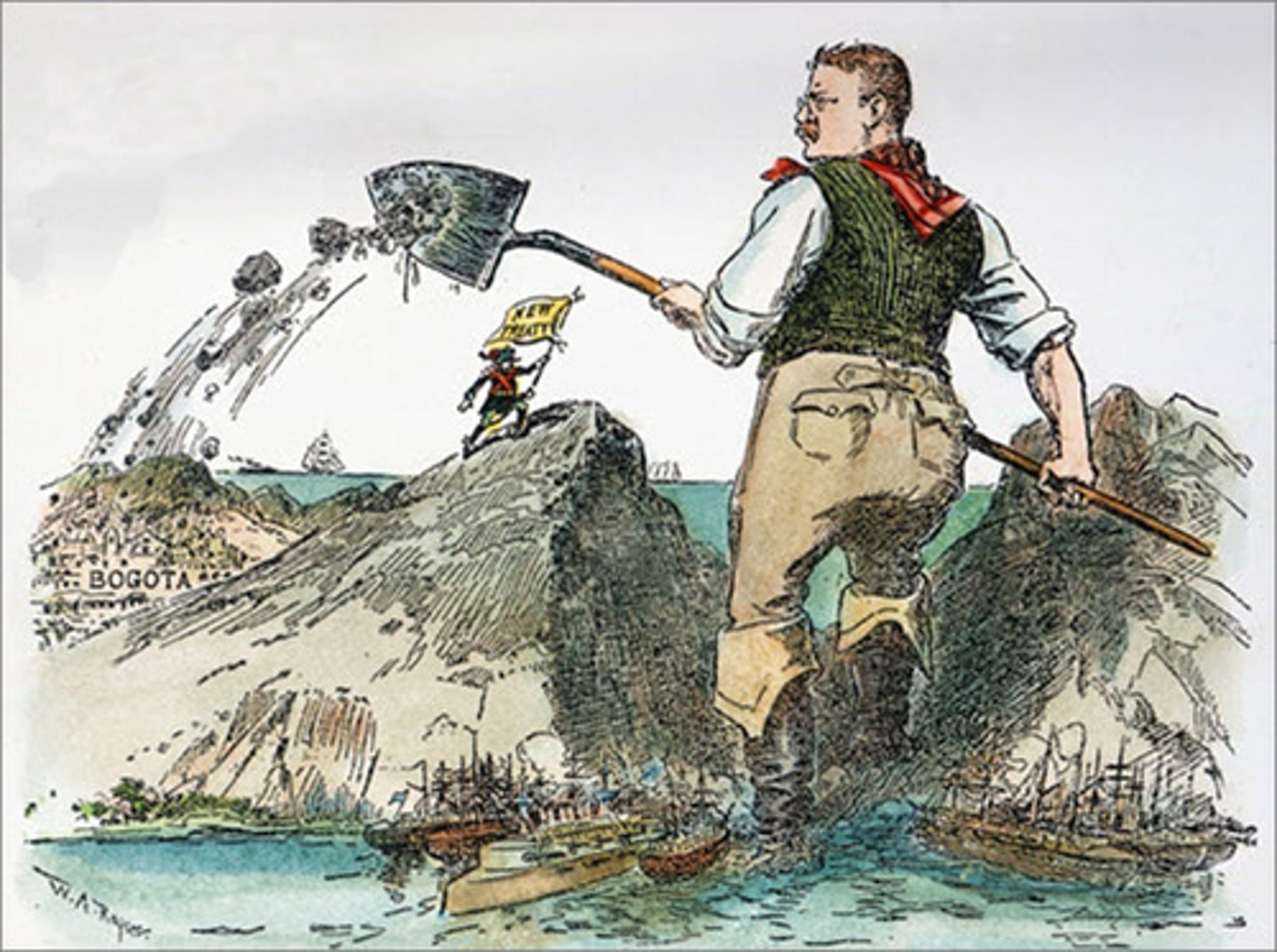
Guam
Americans secured this remote Pacific island from Spain after the Spanish-American War (1898)
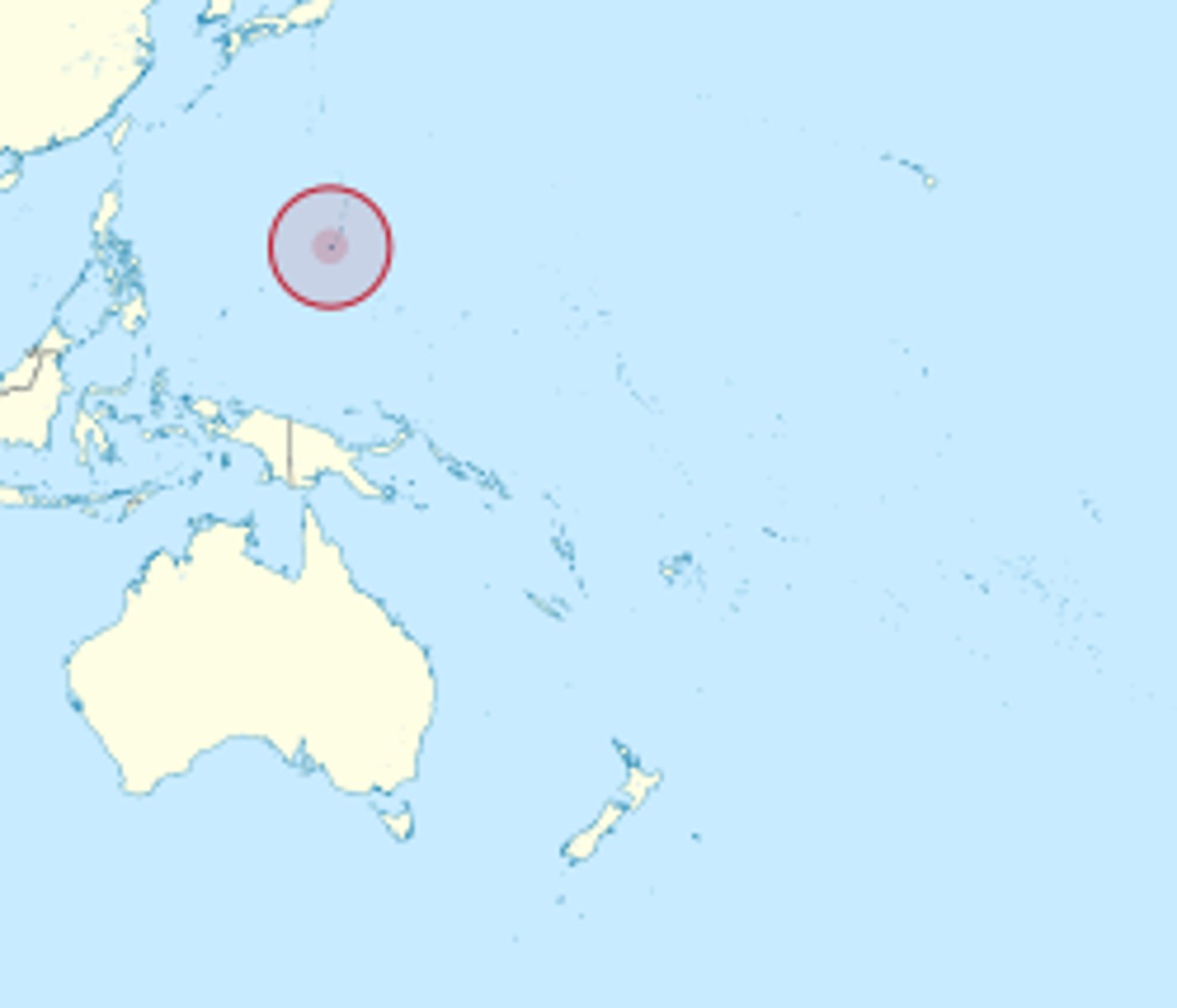
Philippines
Spanish colony in the Pacific whom the US helped free from the Spanish, but soon after took as their own colony
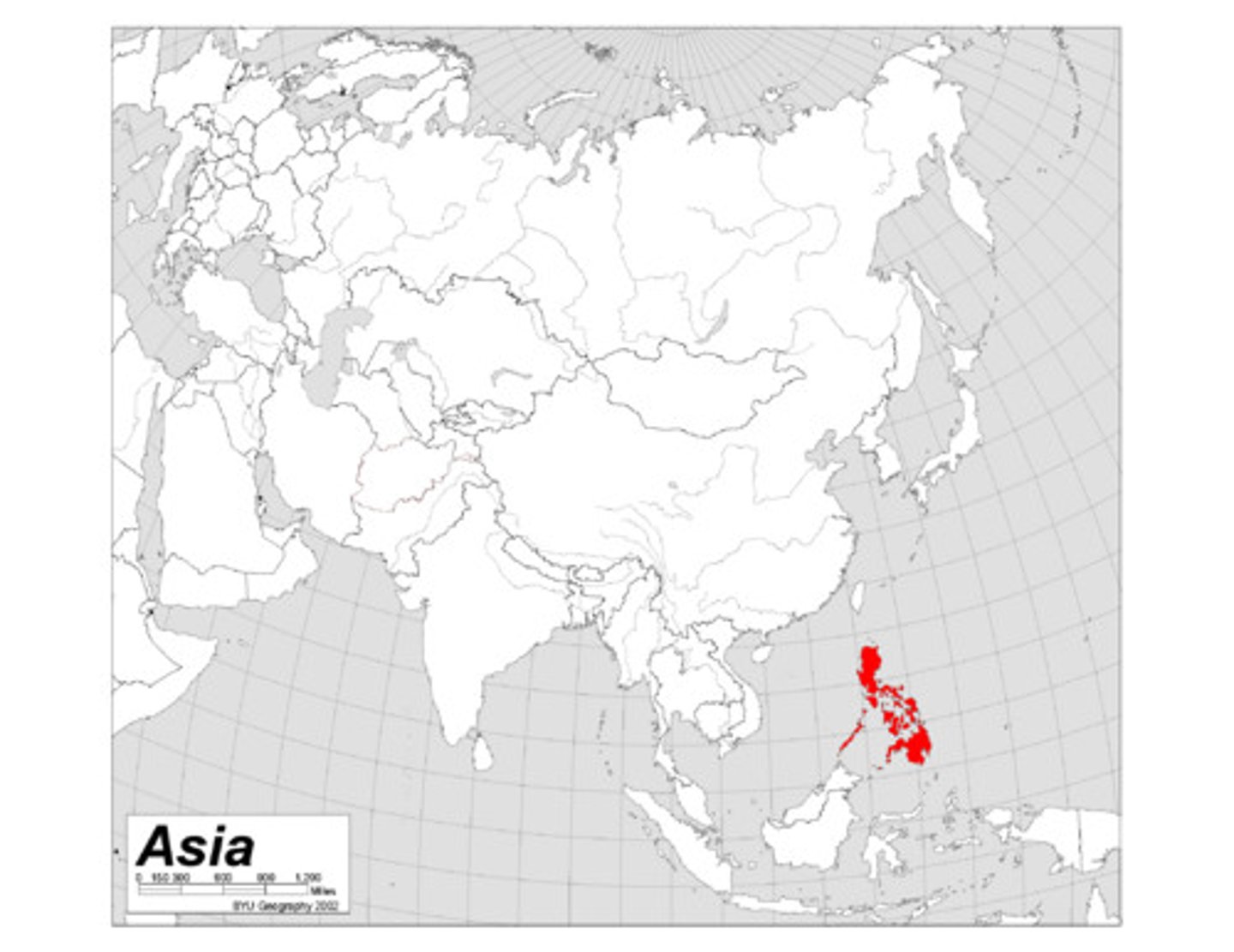
Spanish-American War
In 1898, a conflict between the United States and Spain, in which the U.S. supported the Cubans' fight for independence. US gains Puerto Rico, Guam and Philippines
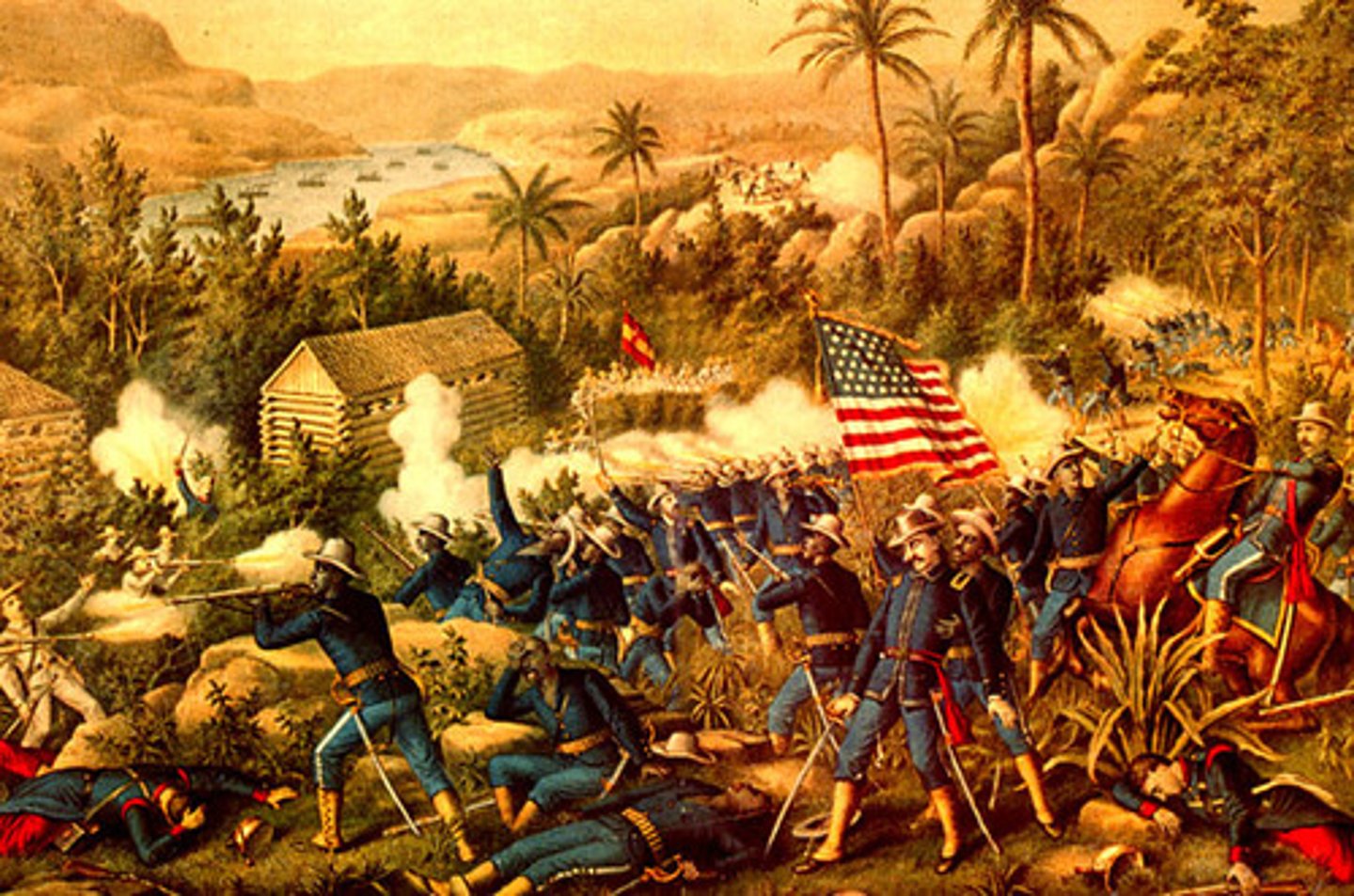
Sanford B. Dole
American businessman (Dole Pineapples) who became president of the new government of Hawaii after the queen was pushed out
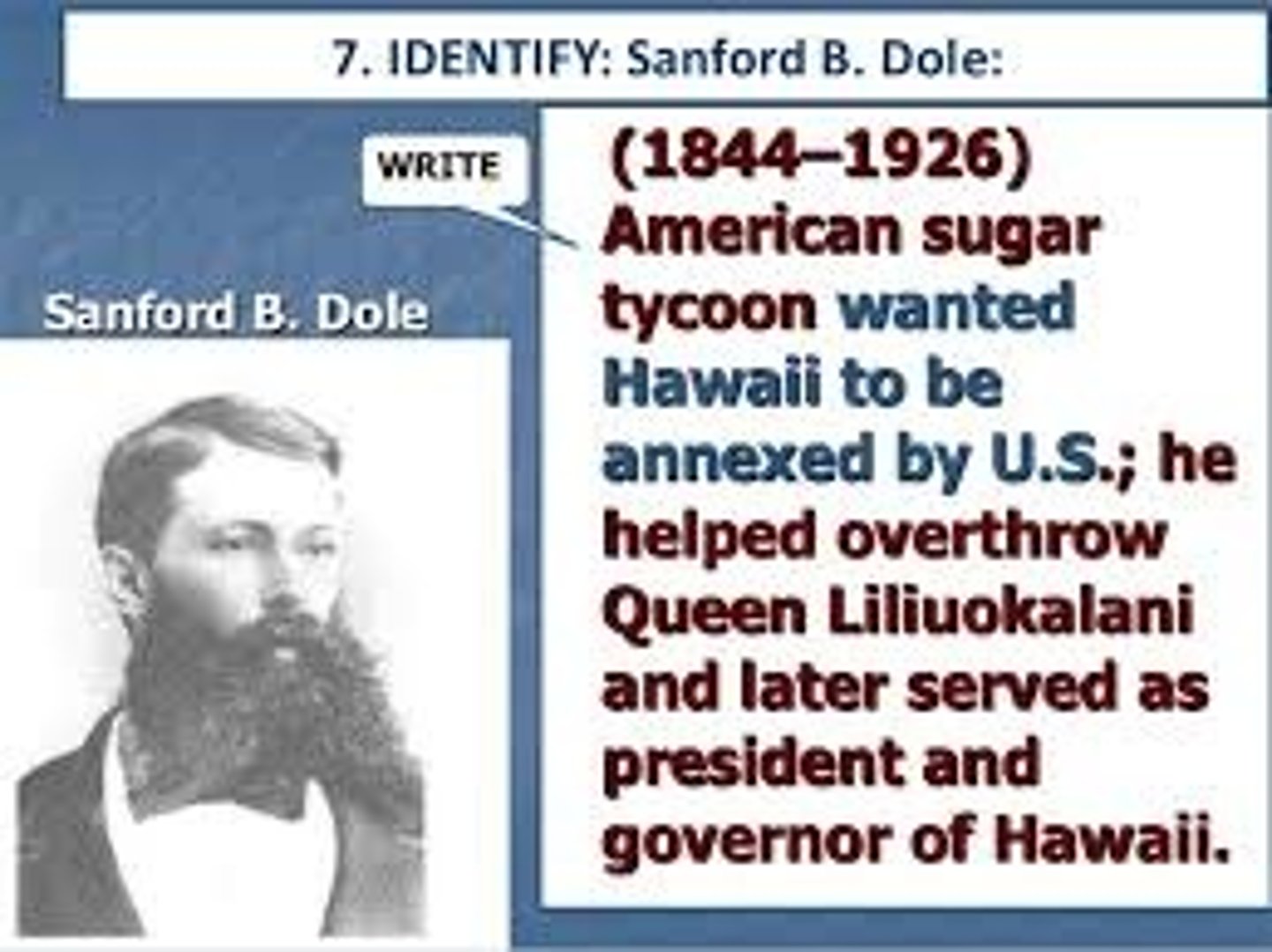
USS Maine
U.S. Battleship that exploded in Havana Harbor in 1898; Evidence suggests an internal explosion, however Spanish military was framed by Yellow Journalism; The incident was a catalyst for the Spanish American War
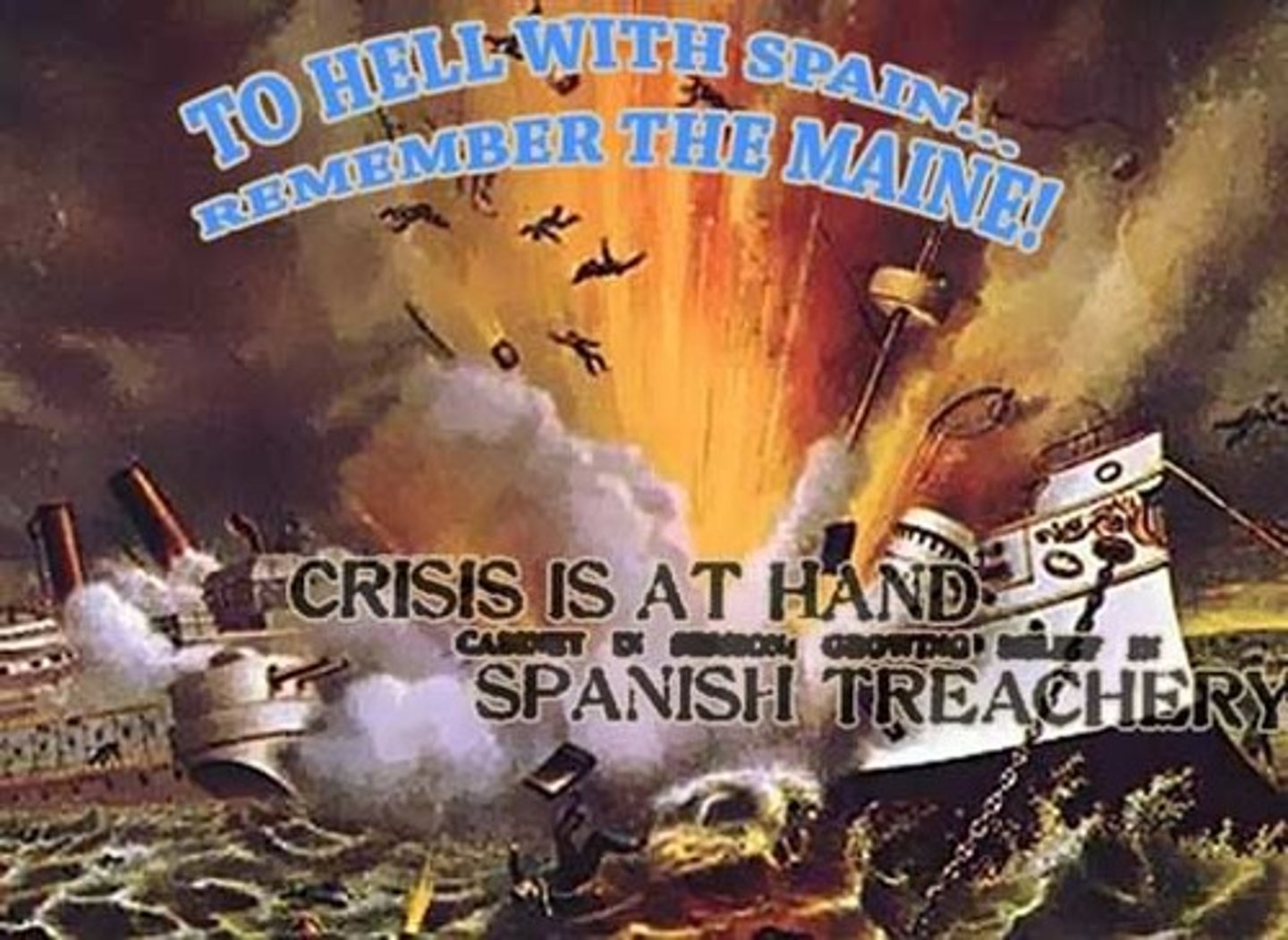
Treaty of Paris 1898
The treaty that concluded the Spanish American War, From the treaty America got Guam, Puerto Rico and they paid 20 million dollars for the Philipines. Cuba was freed from Spain.
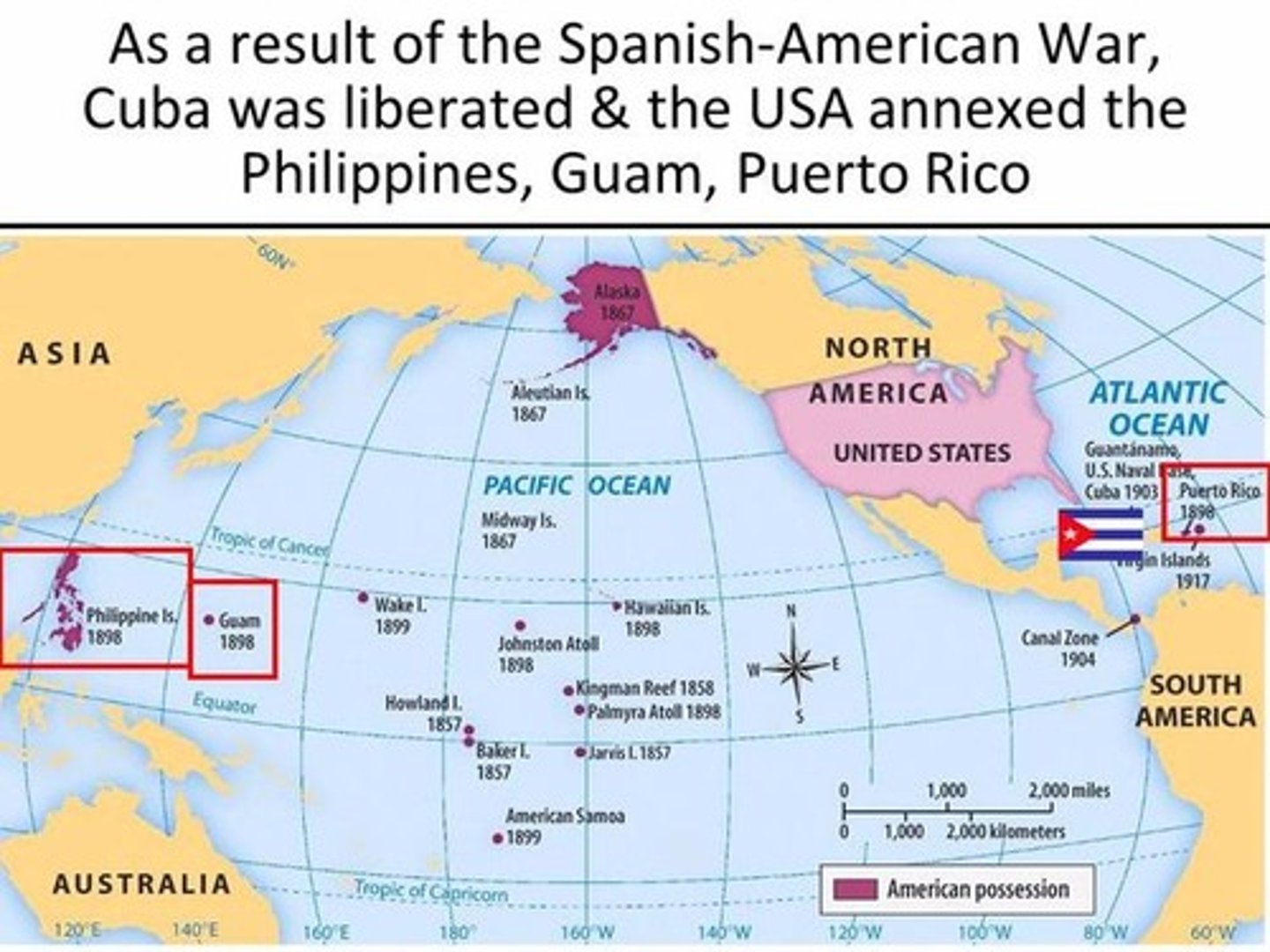
Yellow Journalism
Journalism that exploits, distorts, or exaggerates the news to create sensations and attract readers
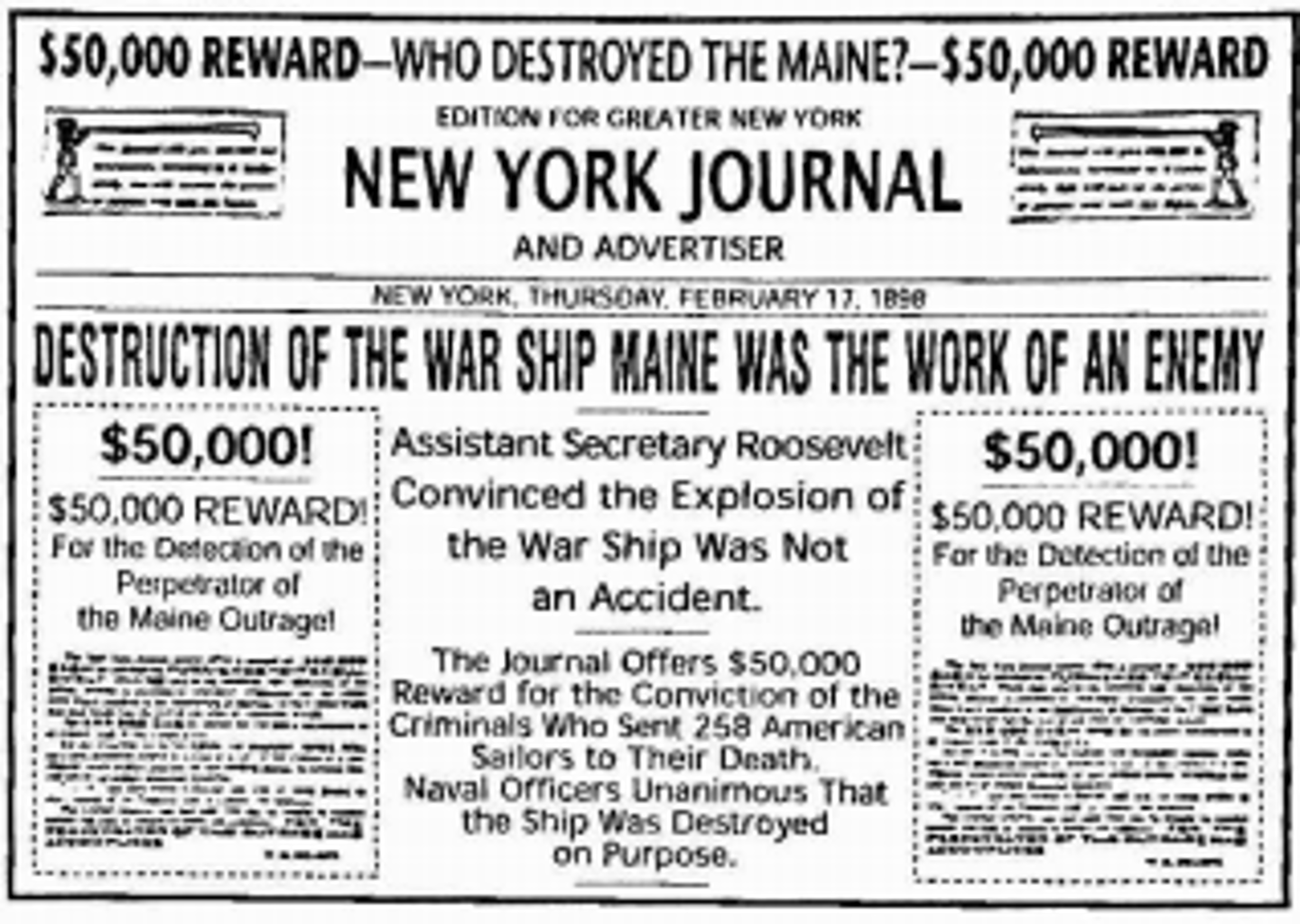
Roosevelt Corollary
Roosevelt's 1904 extension of the Monroe Doctrine, stating that the United States has the right to protect its economic interests in South And Central America by using military force
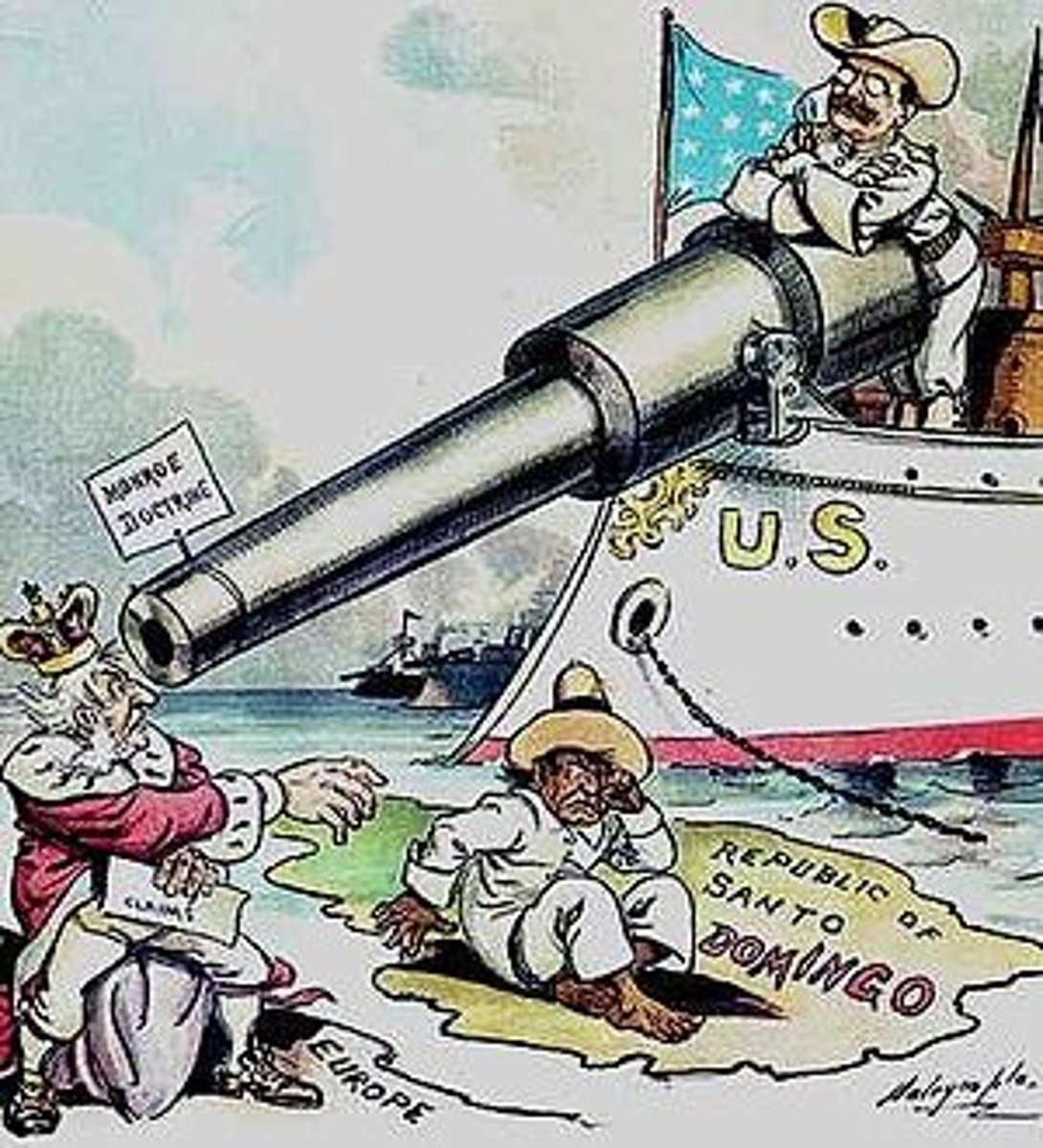
Monroe Doctrine
an American foreign policy opposing interference in the Western hemisphere from outside powers
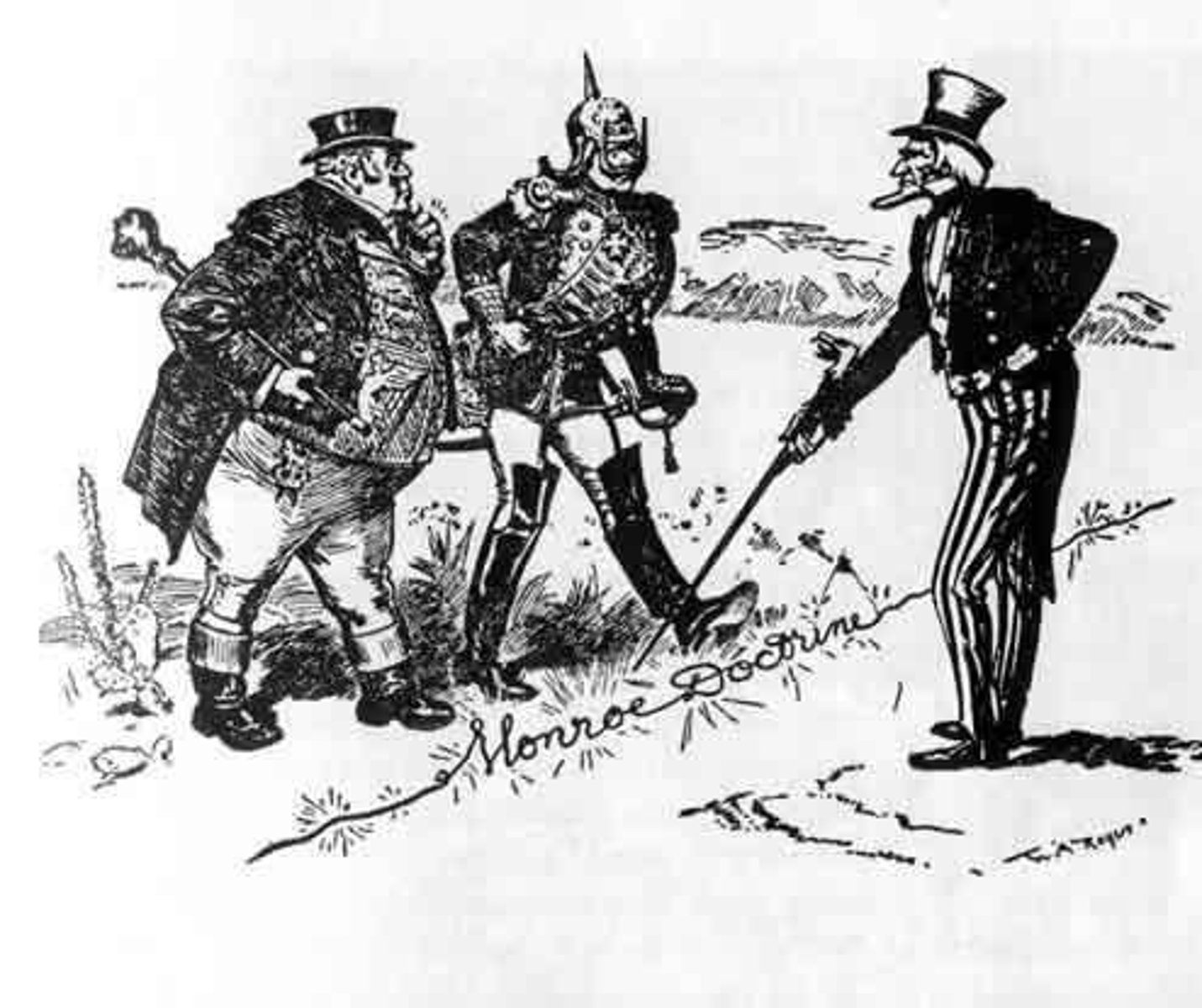
Fourteen Points
A series of proposals in which U.S. president Woodrow Wilson outlined a plan for achieving a lasting peace after World War I.
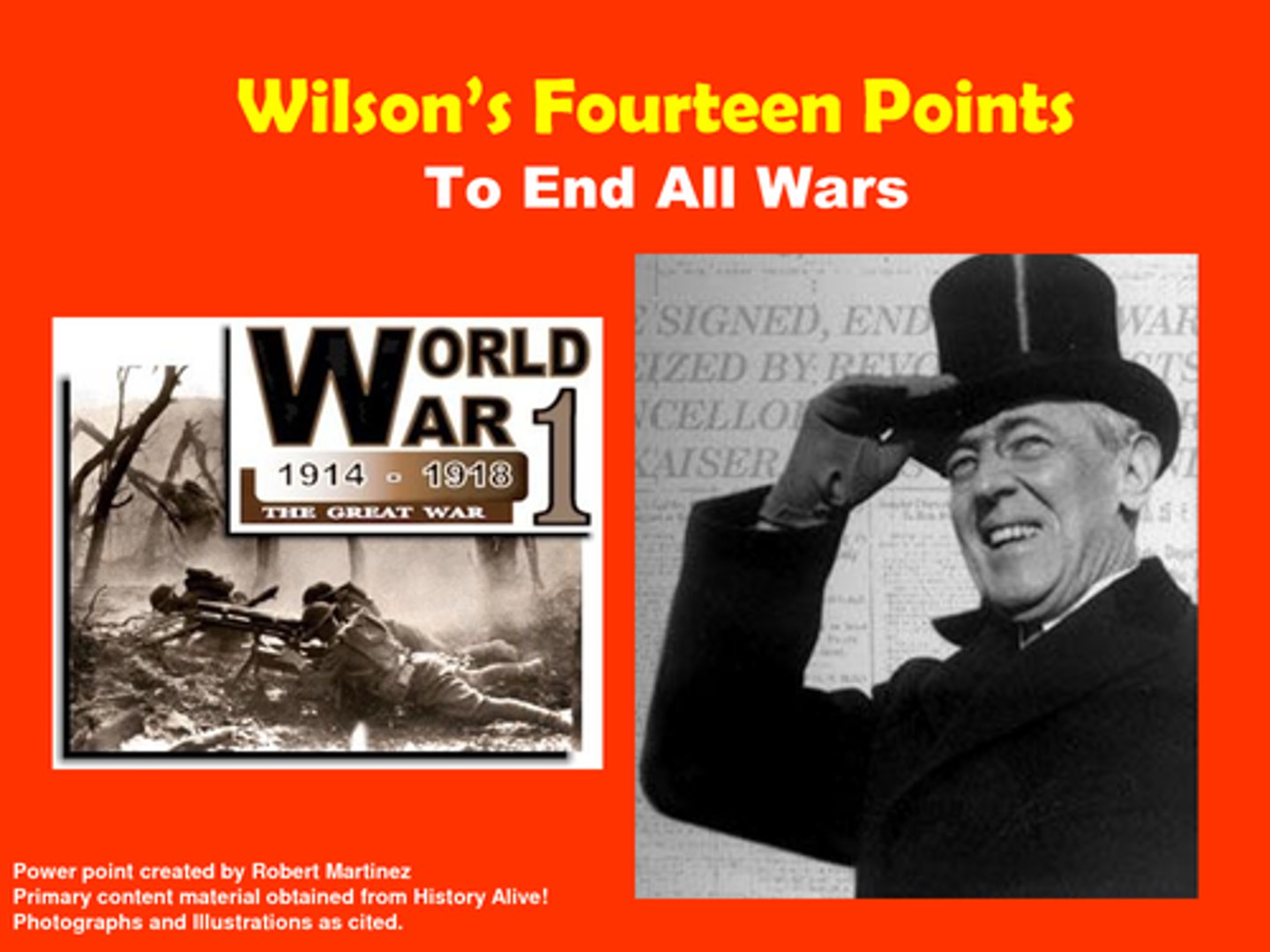
USS Lusitania
A British passenger ship that was sunk by a German U-Boat. 128 Americans died. The sinking greatly turned American opinion against the Germans, helping the move towards entering the war.
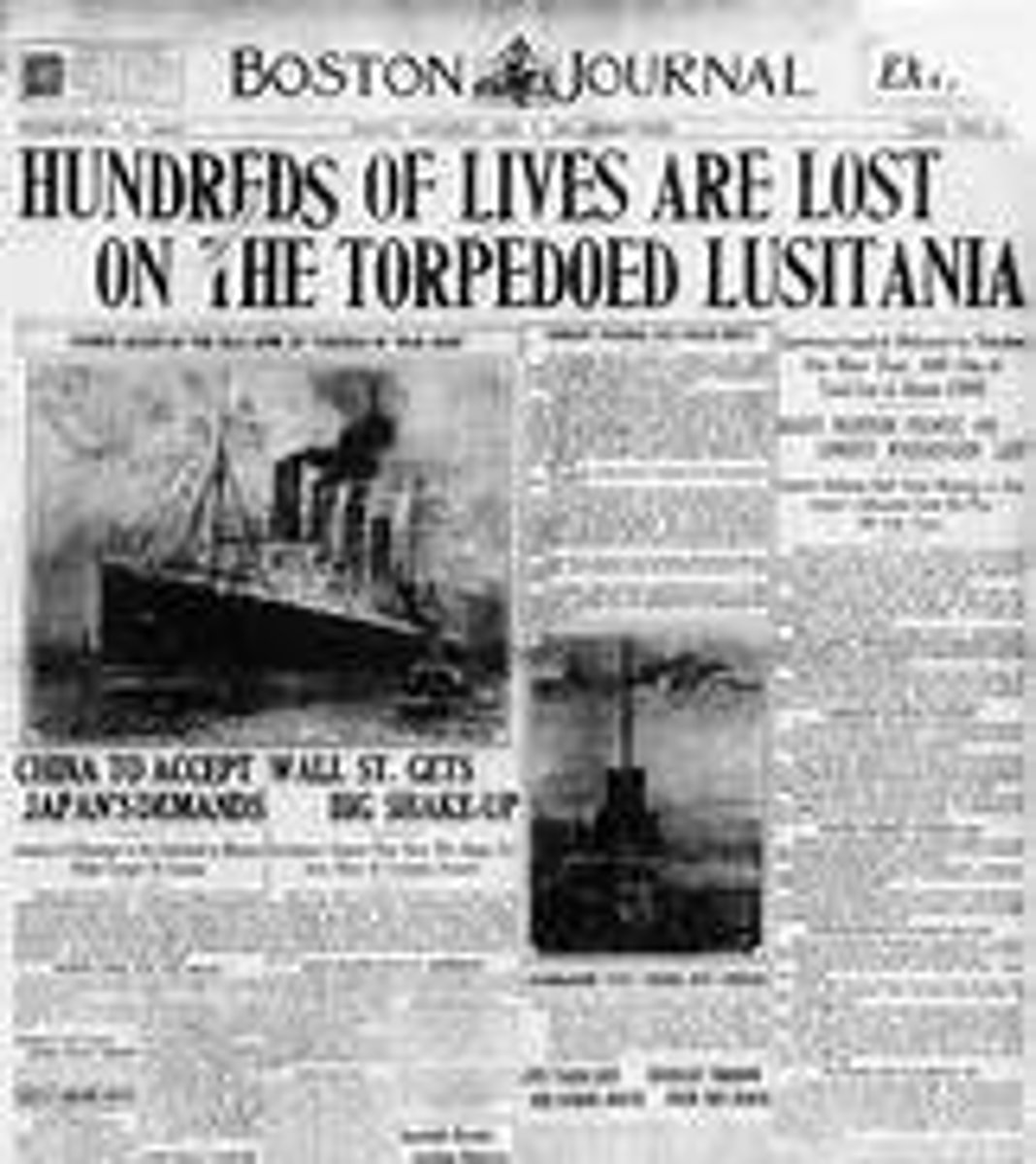
Blockade
an act or means of sealing off a place to prevent goods or people from entering or leaving.
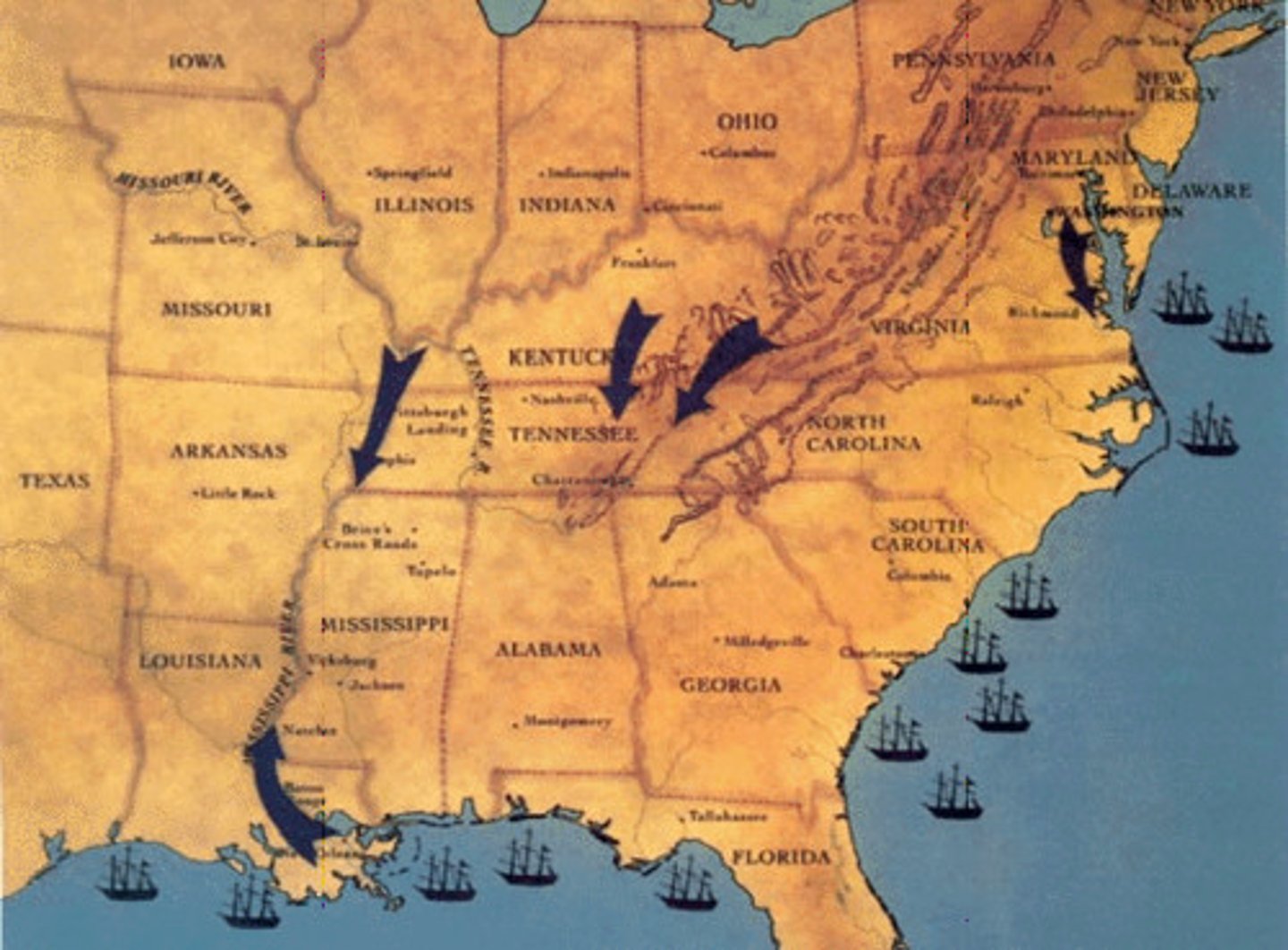
Zimmerman Telegram
This was sent by Germans to encourage a Mexican attack against the United States. Intercepted by the US in 1917. Motivated US to enter WWI
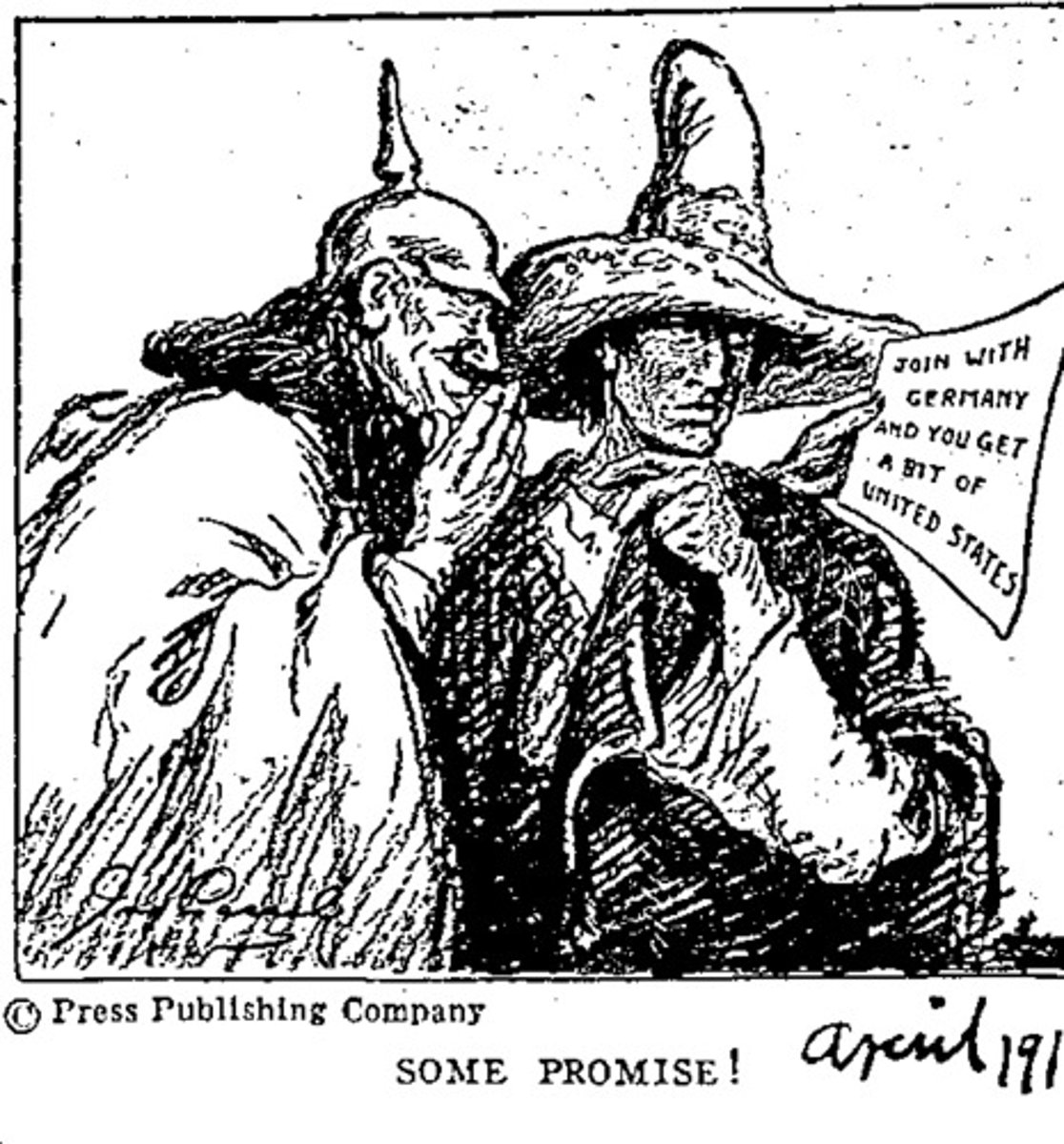
John J. Pershing
WWI Commander of American Expeditionary Force of over 1 million troops who insisted his soldiers fight as independent units so US would have independent role in shaping the peace
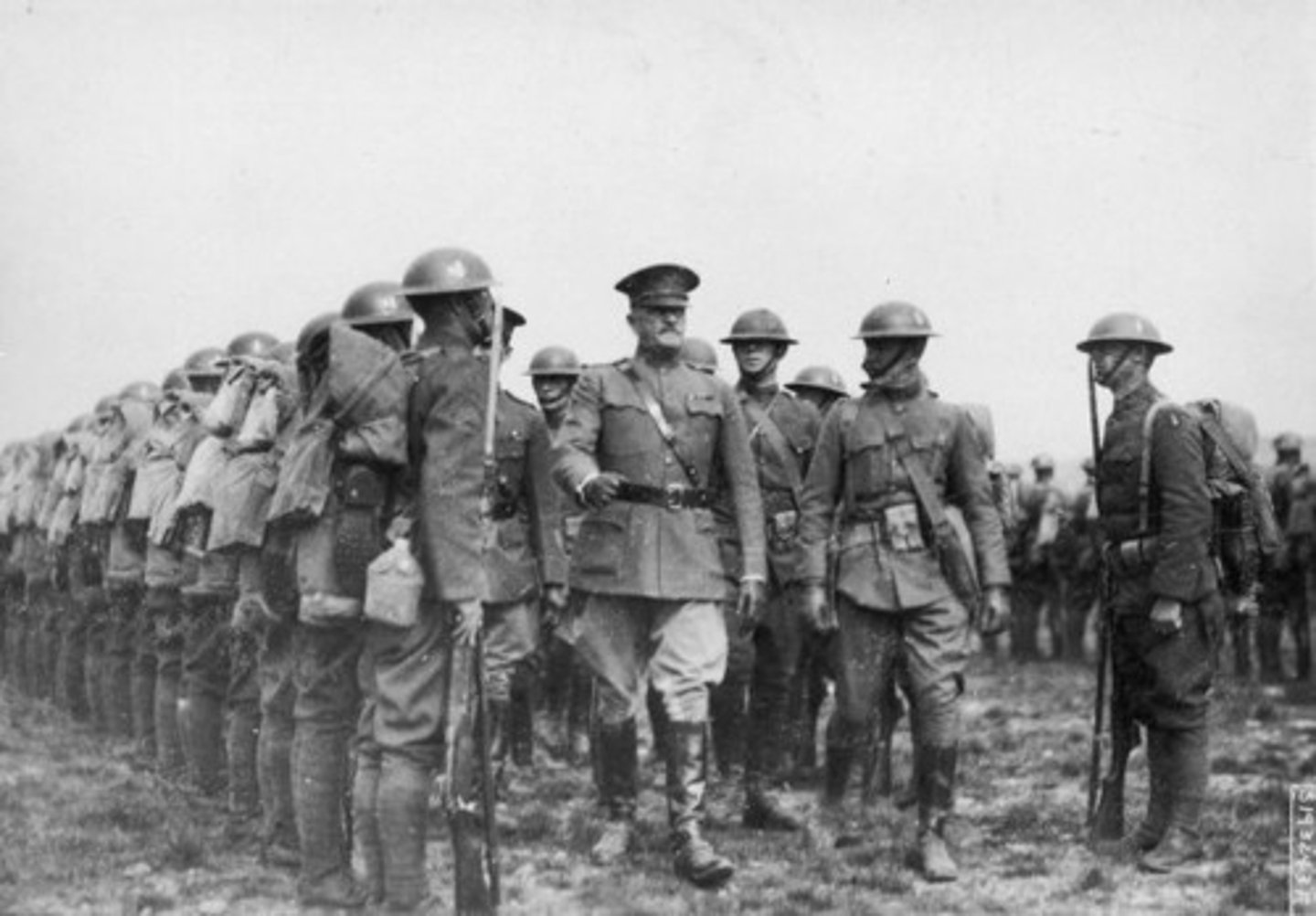
Trench Warfare
A form of warfare in which opposing armies fight each other from trenches dug in the battlefield, making advancement difficult.
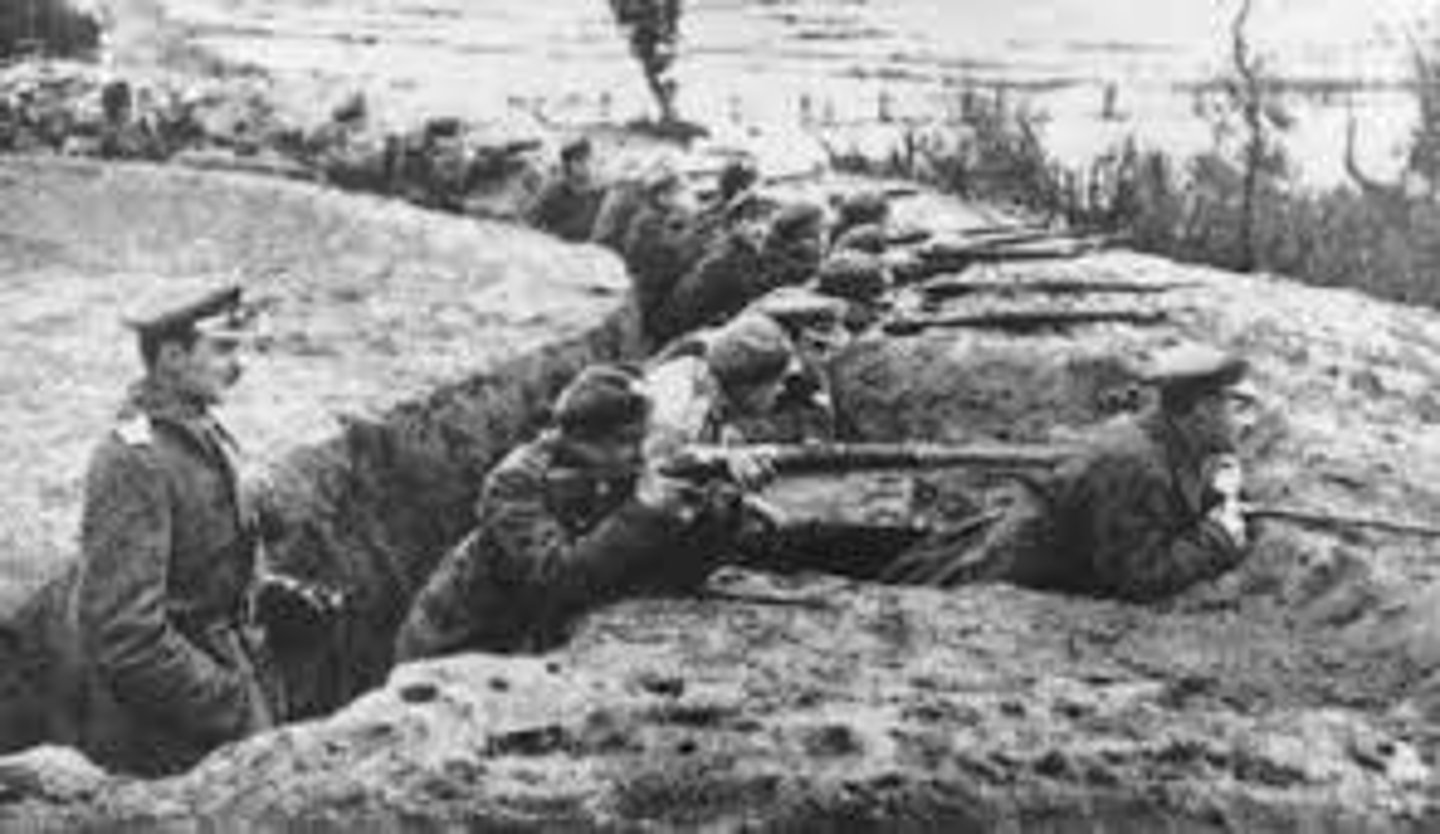
Western Front
A line of trenches and fortifications in World War I that stretched without a break from Switzerland to the North Sea.
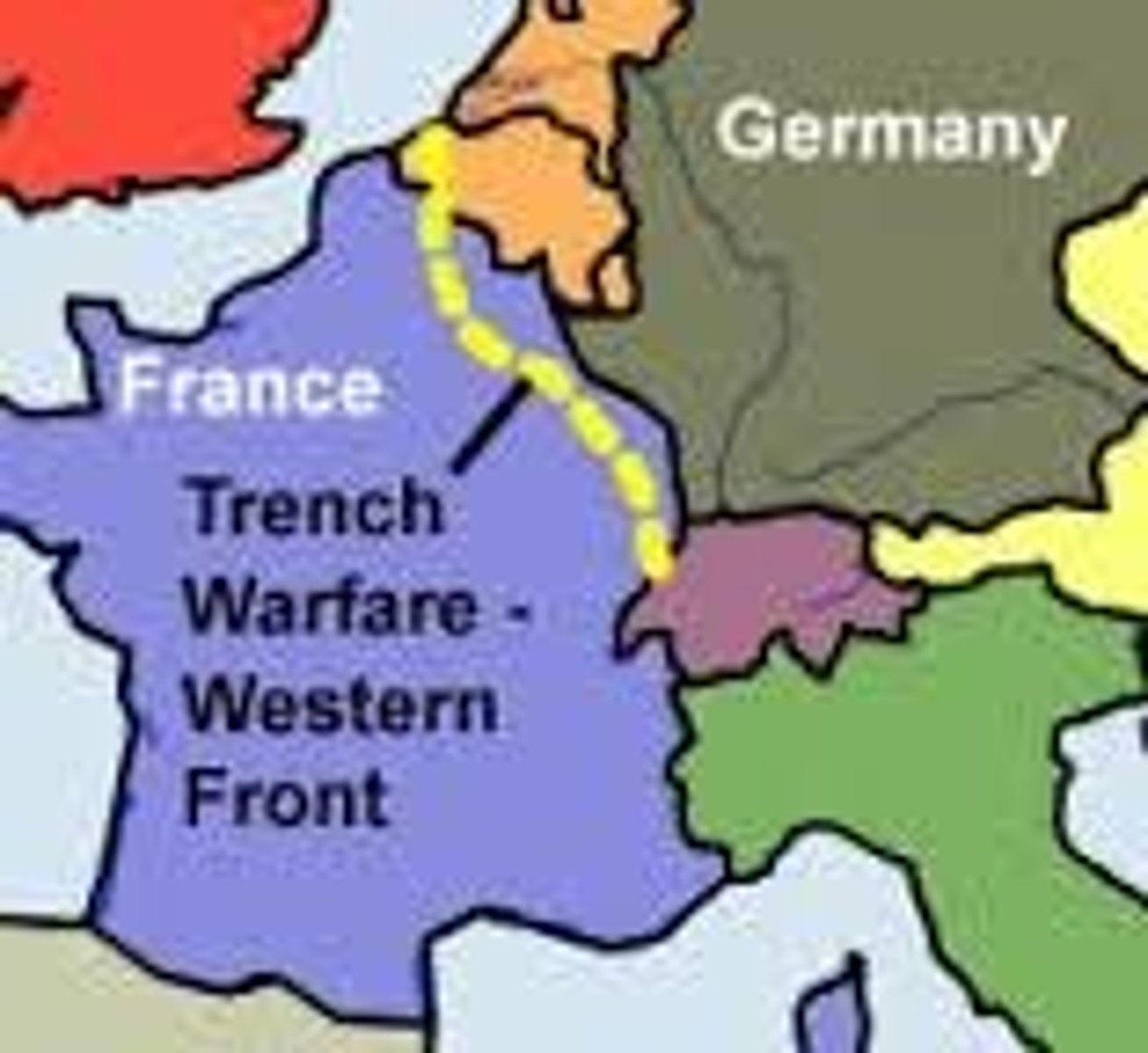
Mustard Gas
a new invention in WWI - a yellow colored gas that was fired at the enemy - it caused blindness, damage to the lungs and death
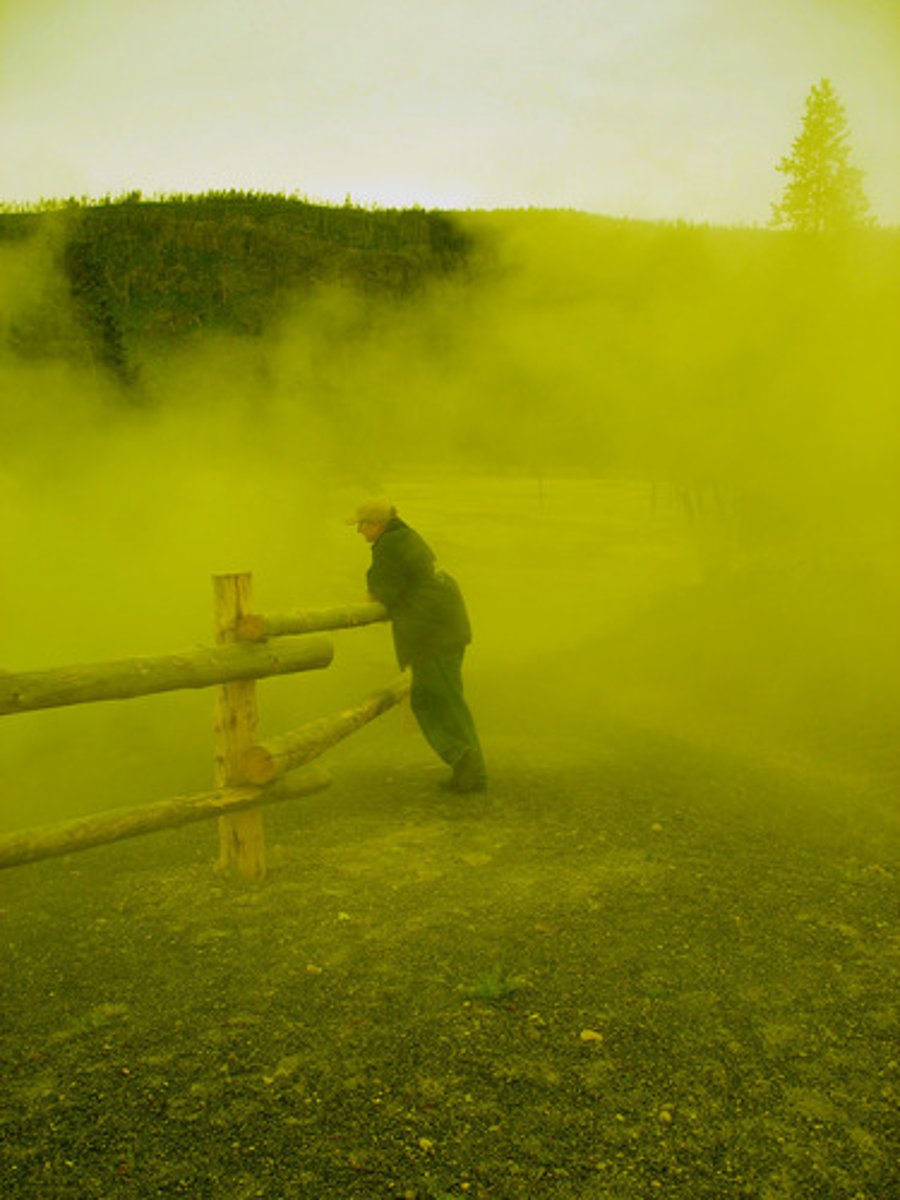
Isolationism
A national policy of avoiding involvement in world affairs
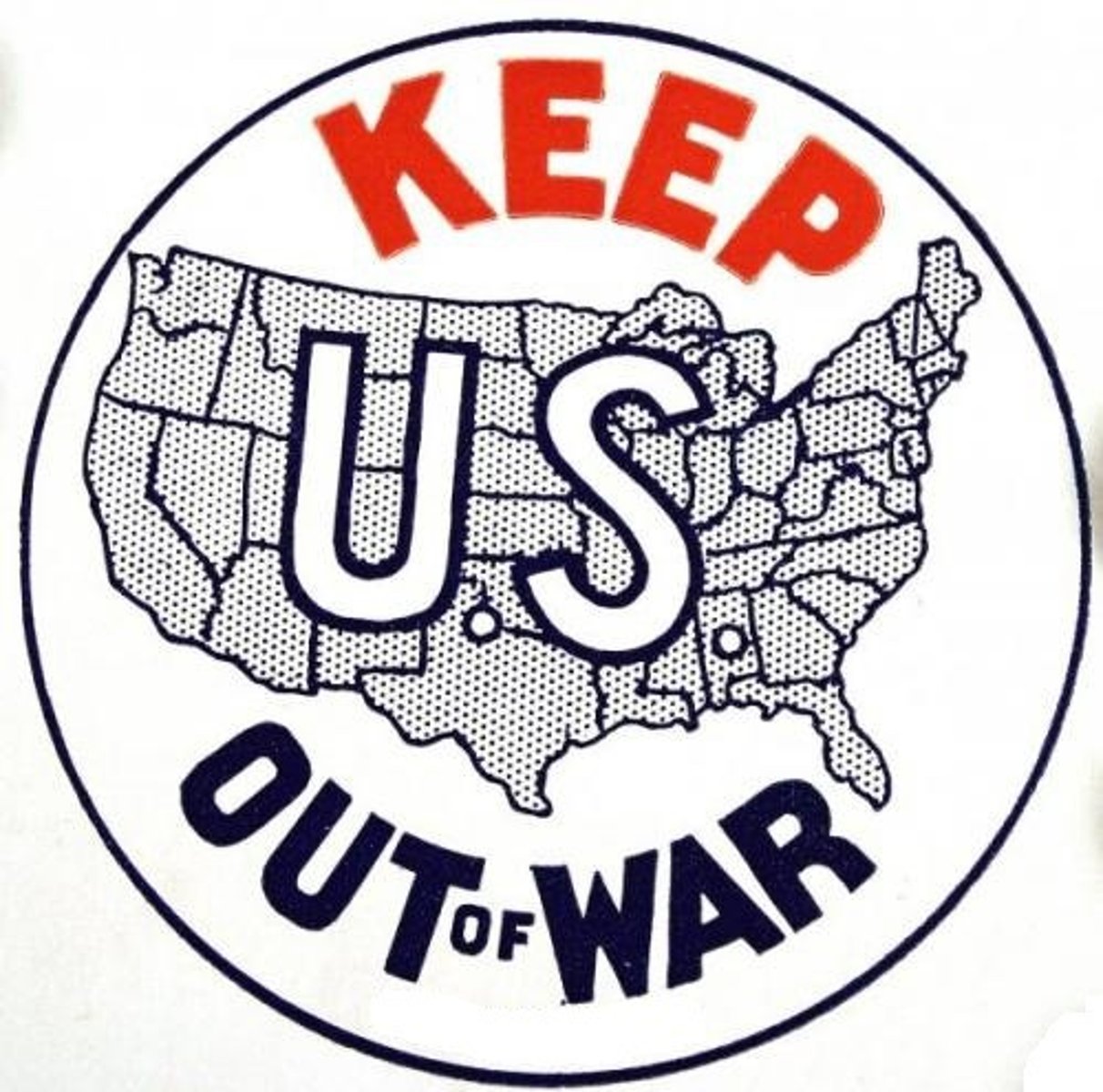
League of Nations
An organization of nations formed after World War I to promote cooperation and peace.
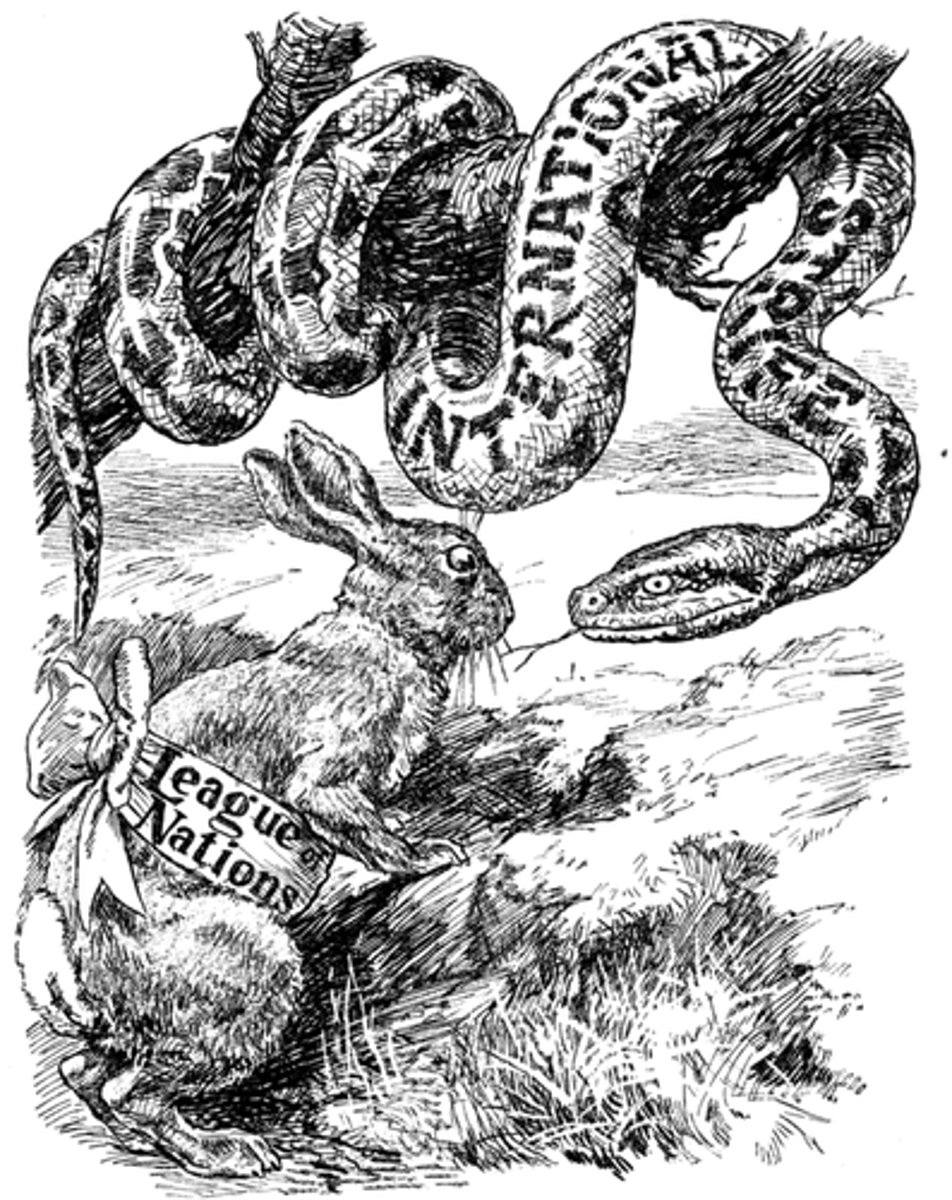
Woodrow Wilson
President of the United States (1913-1921) and the leading figure at the Paris Peace Conference of 1919. He was unable to persuade the U.S. Congress to ratify the Treaty of Versailles or join the League of Nations.
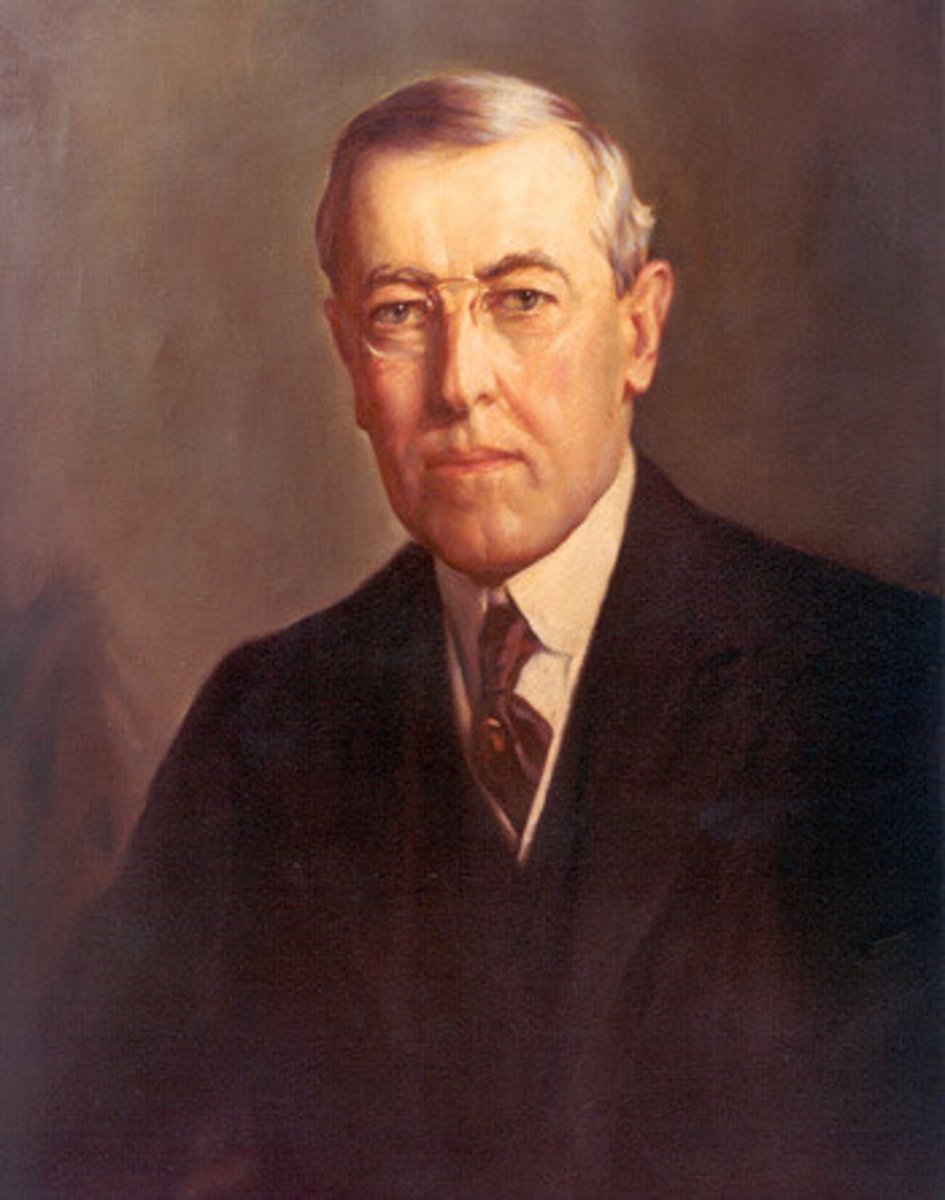
Teddy Roosevelt
26th President, from 1901-1909, passed two acts that purified meat, took over in 1901 when McKinley was shot, Went after trusts, formed the "Bull Moose Party", wanted to build the Panama canal, and make our Navy ( military stronger )
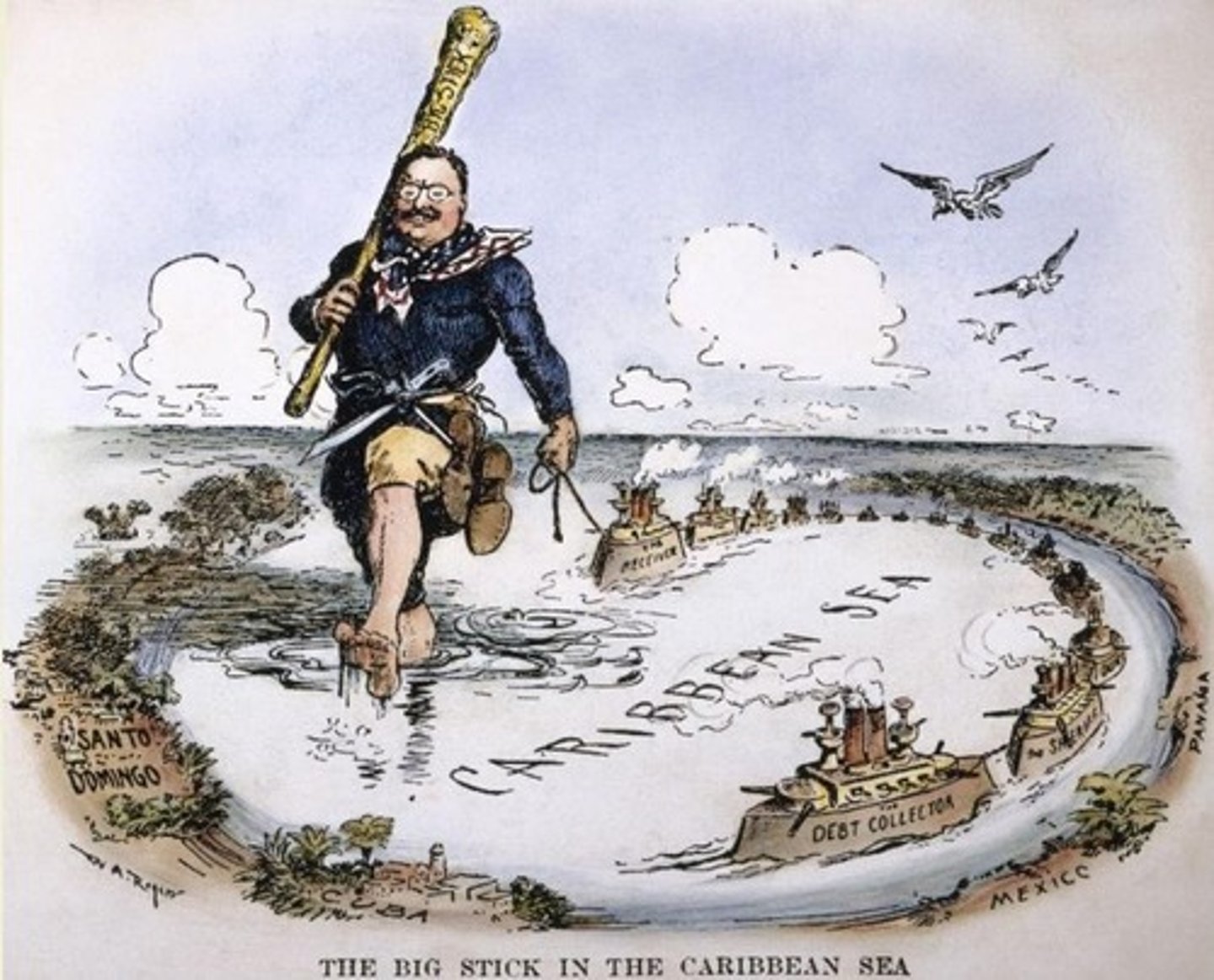
Selective Service Act
Law passed by Congress in 1917 that required all men from ages 21 to 30 to register for the military draft
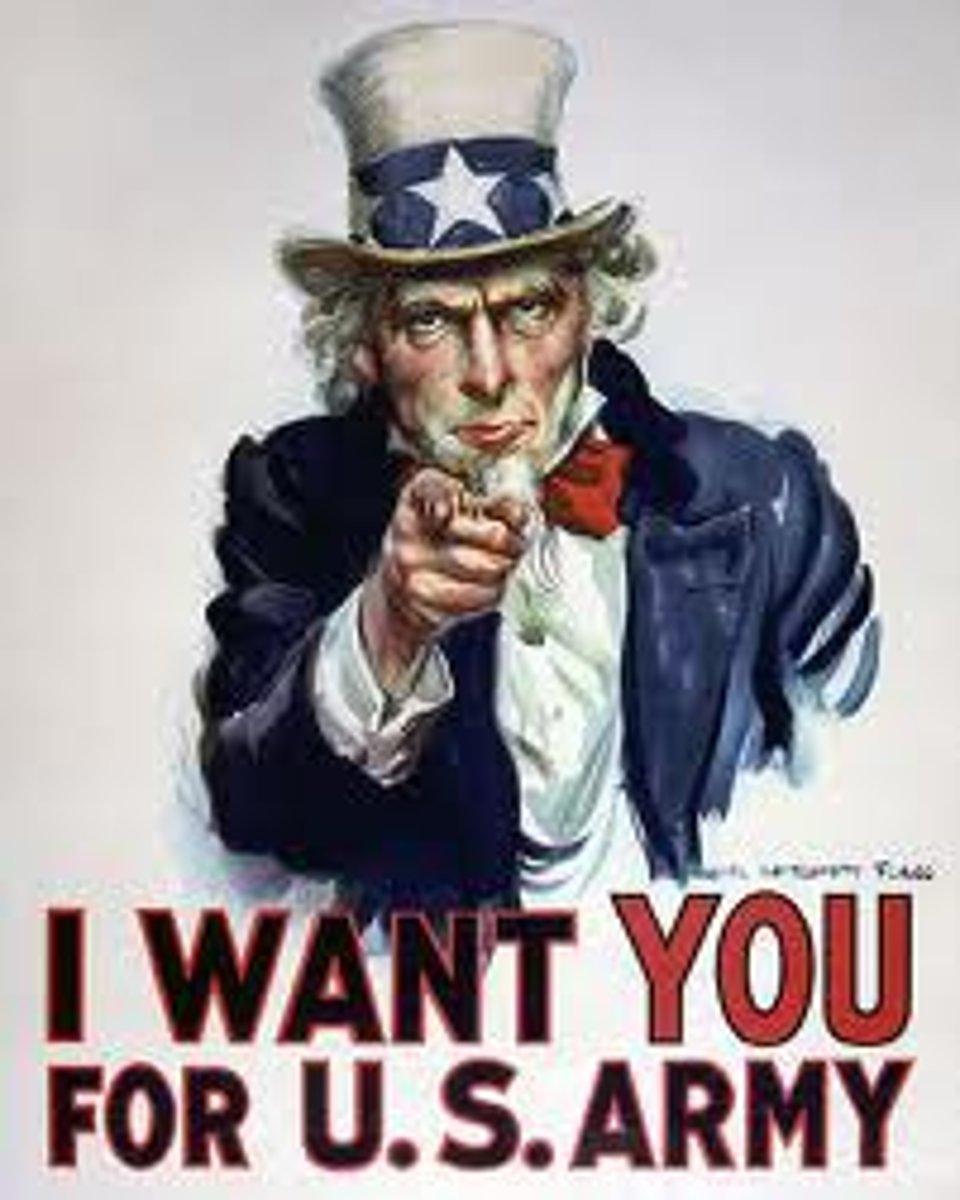
Henry Cabot Lodge
conservative senator who wanted to keep the united states out of the league of nations
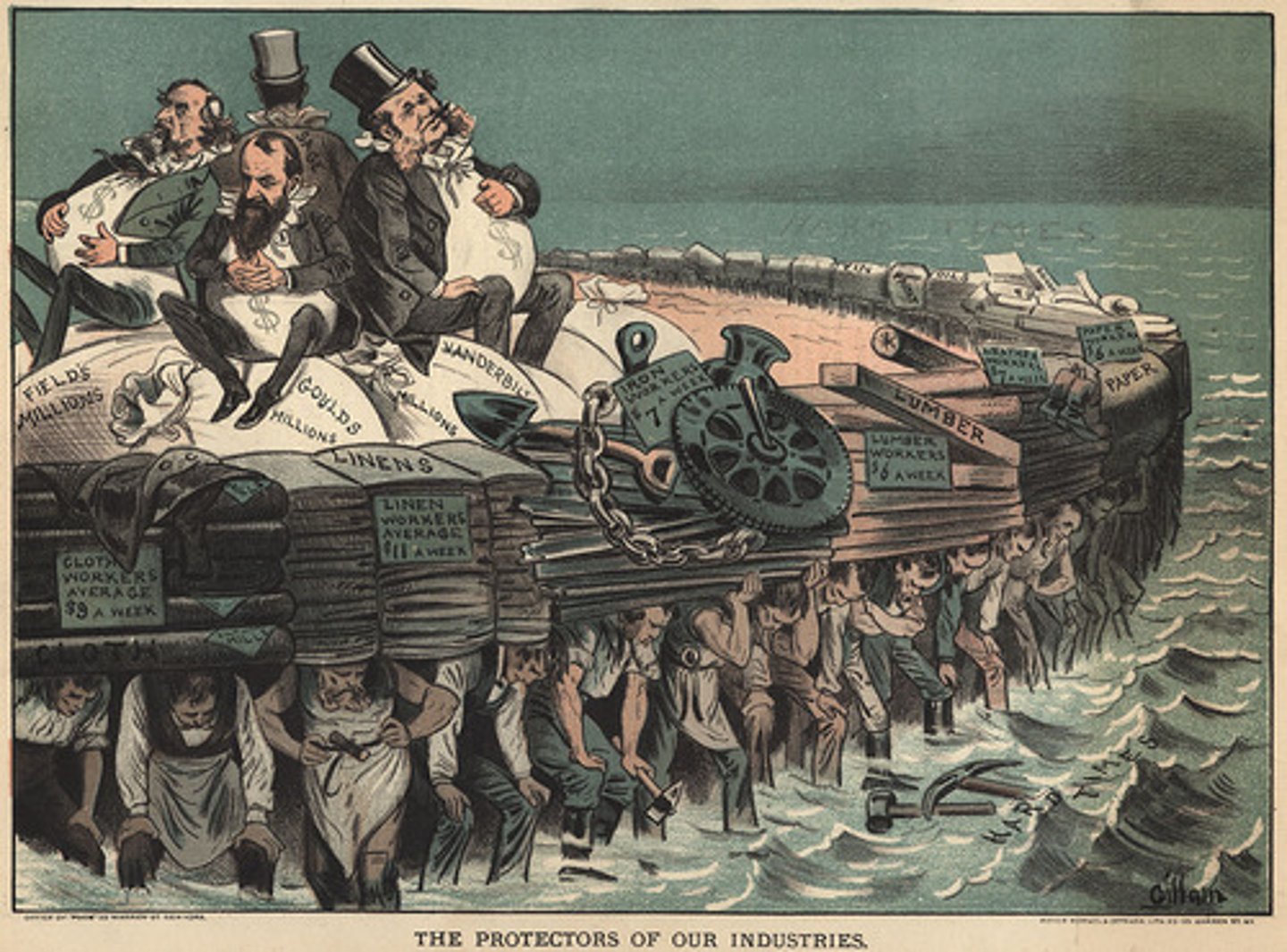
Espionage Act
1917 law that set heavy fines and long prison terms for antiwar activities
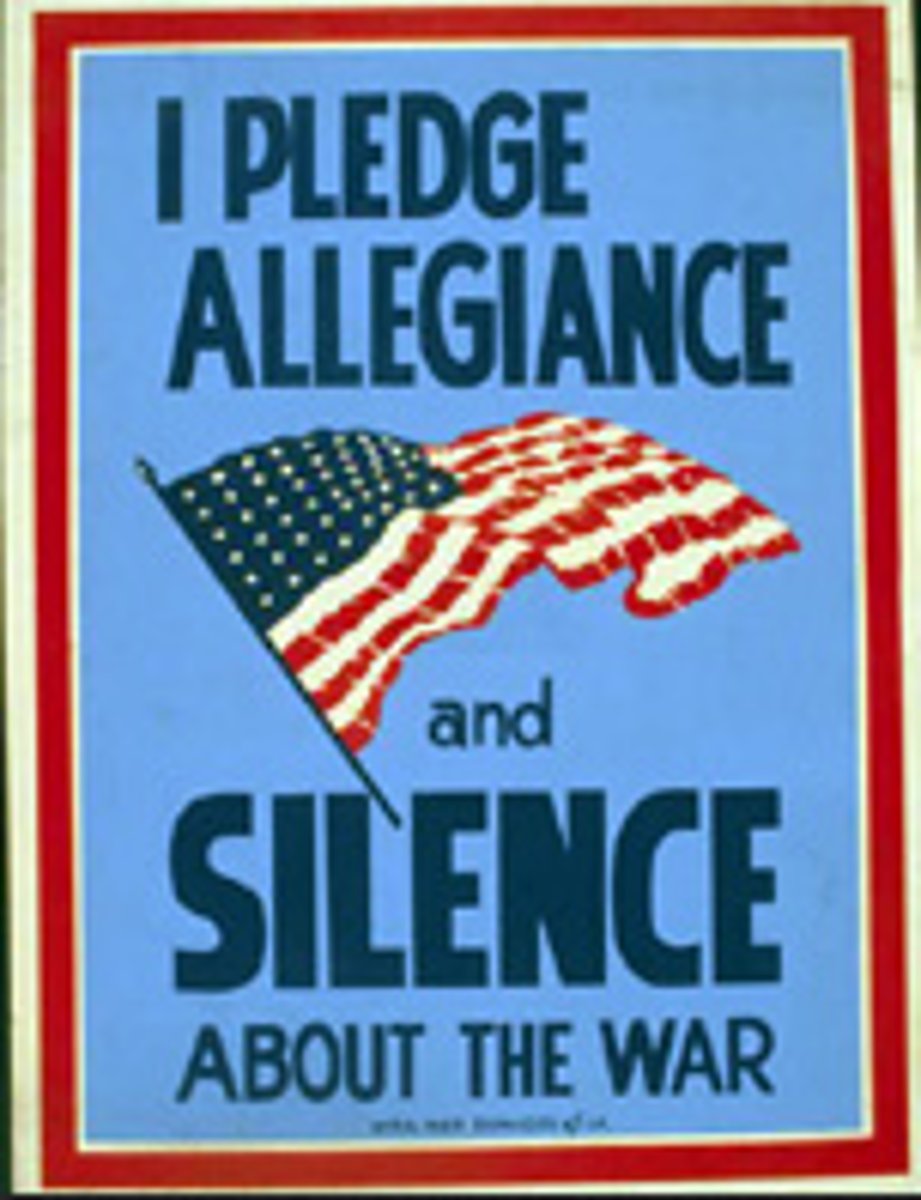
Liberty and War Bonds
A Liberty Bond was a war bond that was sold in the United States to support the allied cause in World War I.
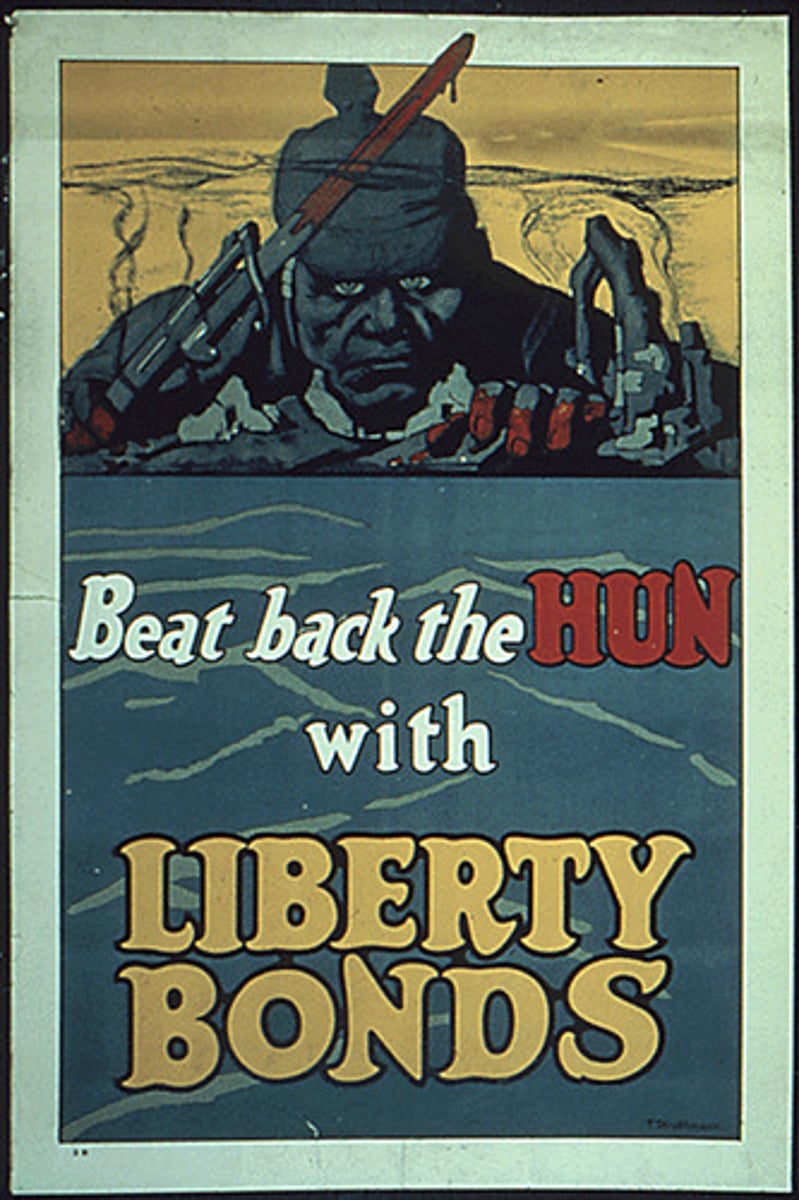
Austria-Hungary
This Central Power empire during WWI, started the war with their invasion of Serbia after the assassination of Archduke Ferdinand on June 28, 1914 .
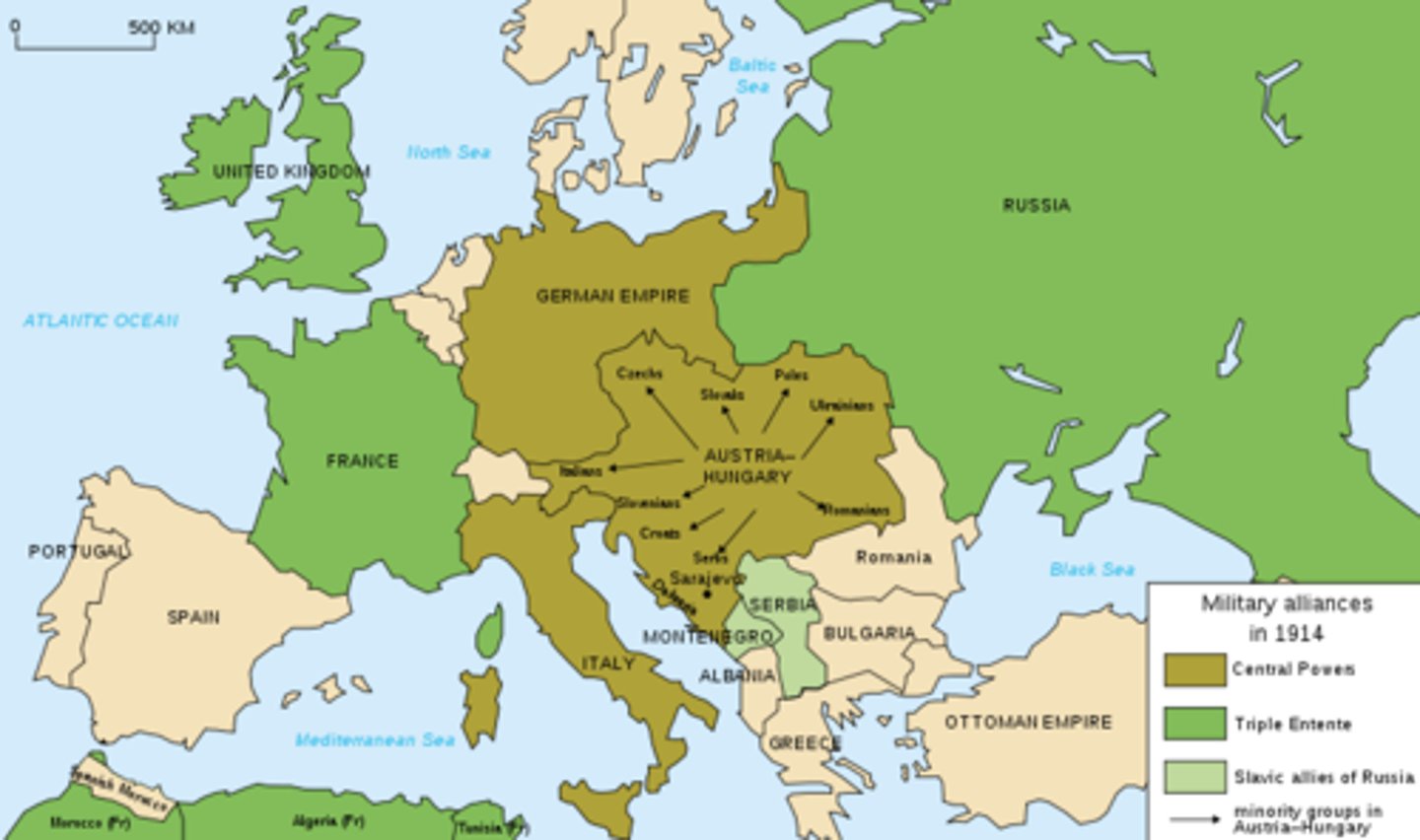
Treaty of Versailles
the treaty imposed on Germany by the Allied powers in 1920 after the end of World War I which demanded exorbitant reparations from the Germans
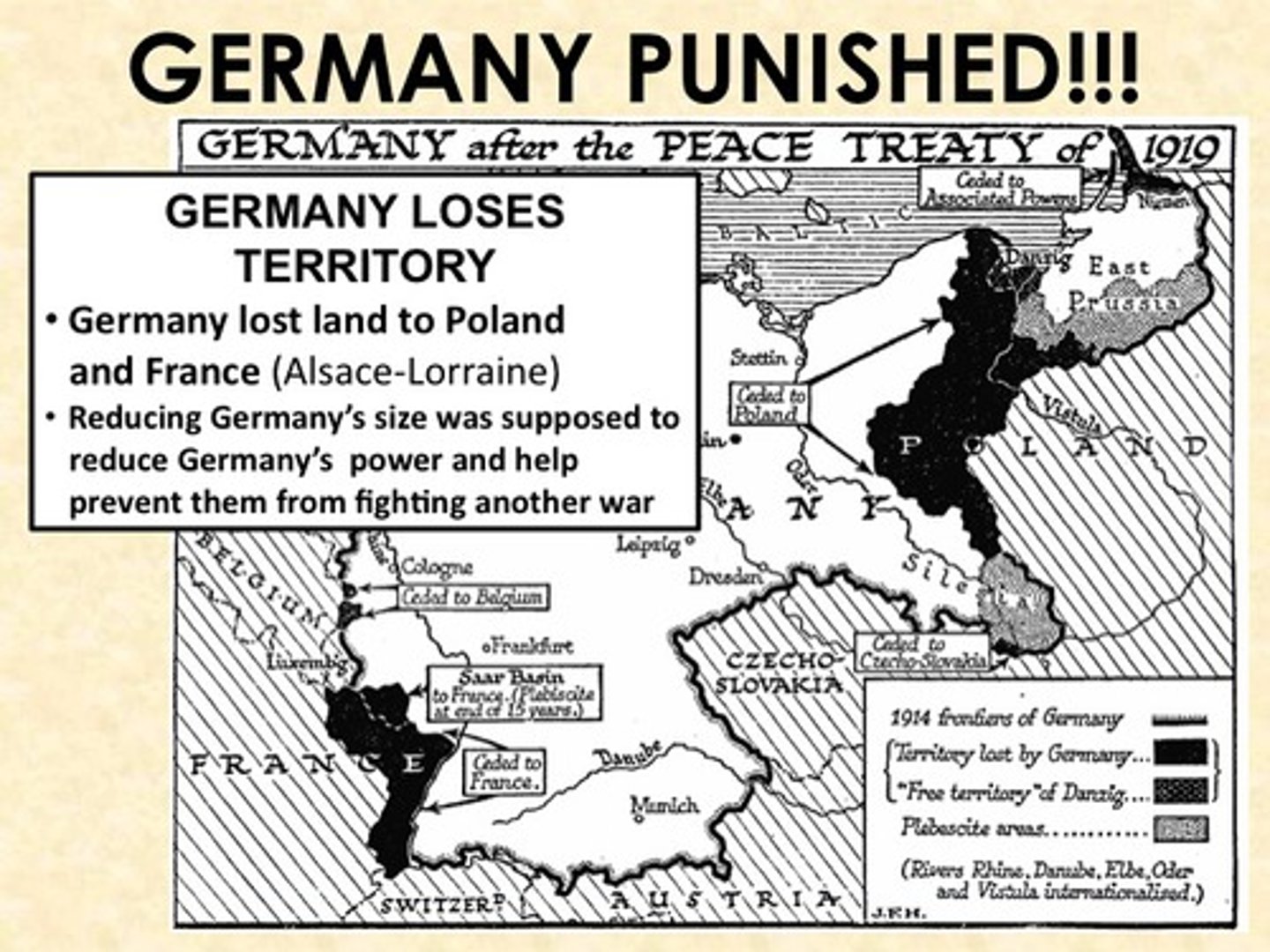
WWI Causes
Nationalism, Imperialism, Alliance Systems, and Militarism all were causes of WWI along with the immediate cause--the assassination of Archduke Franz Ferdinand.
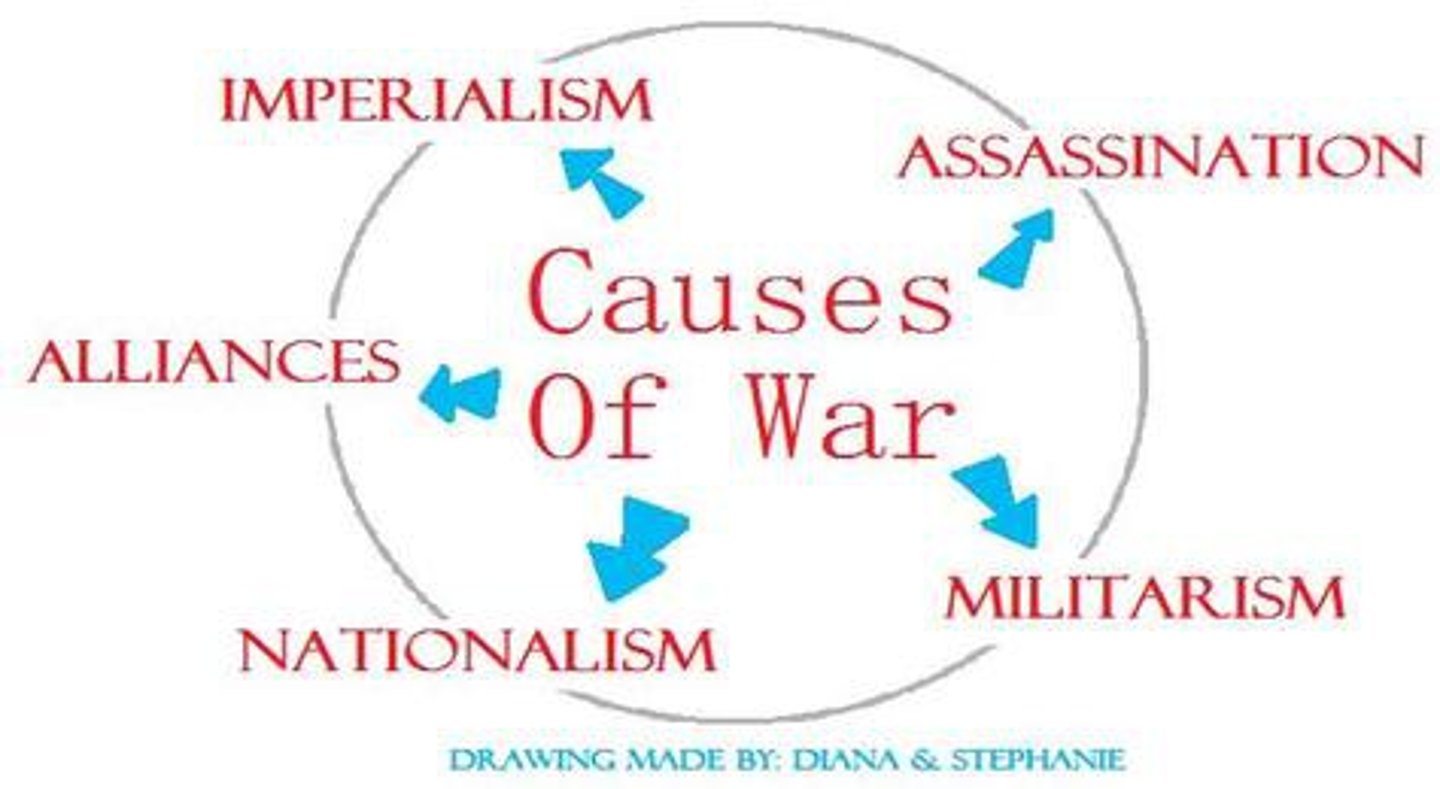
Arch Duke Franz Ferdinand
assassinated by Serbian terrorists, immediate cause of WWI
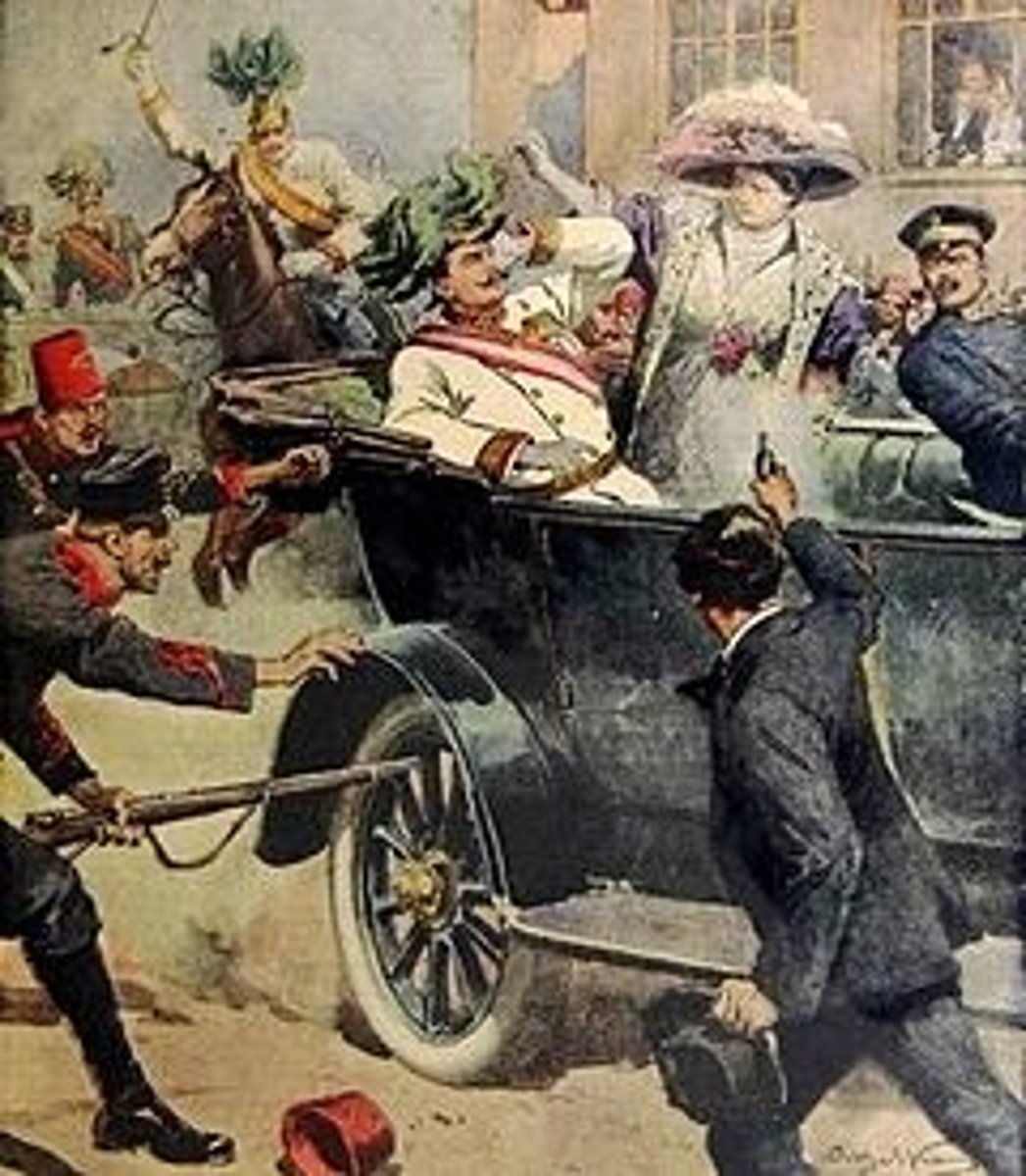
Pulitzer and Hearst
rival newspaper publishers who used yellow journalism to sell papers
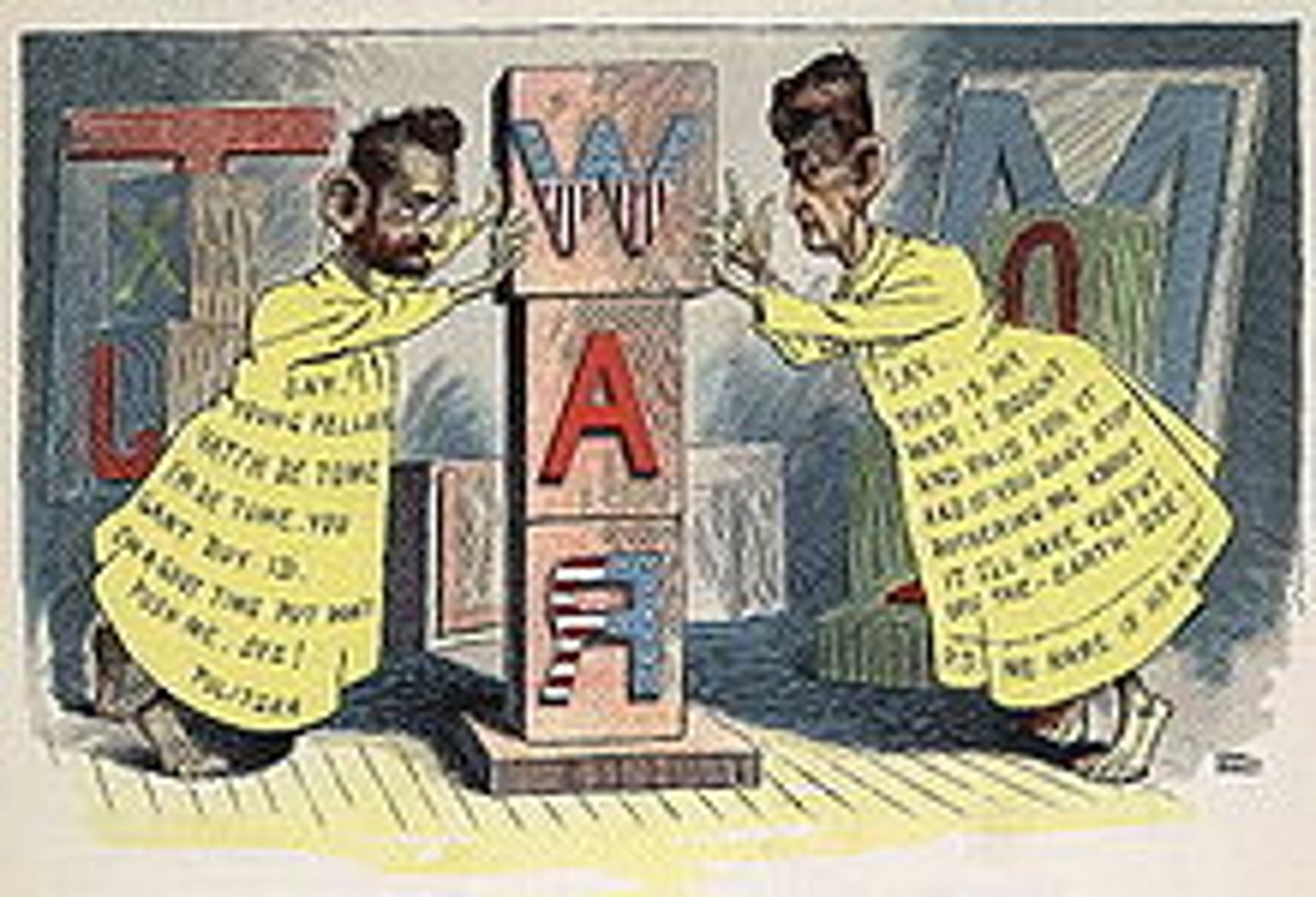
WWI Alliances
Central Powers: Germany, Austria-Hungary, and Ottoman Empire. Italy was in and then left later.
Triple Entente: Britain, France, and Russia. Not US till later.
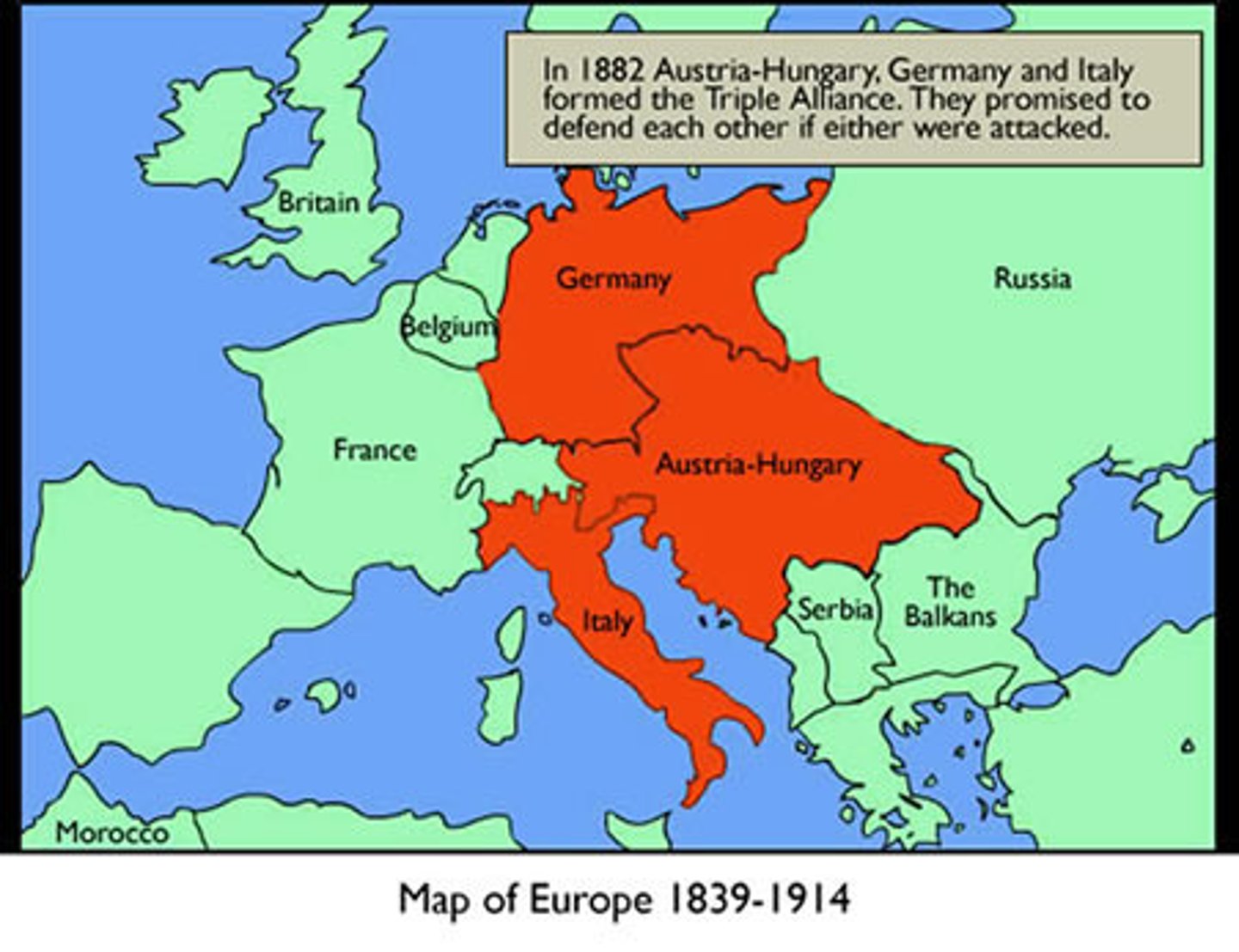
Alvin York
Tennessee-born soldier whose action in the Argonne Forest during WWI made him an American hero
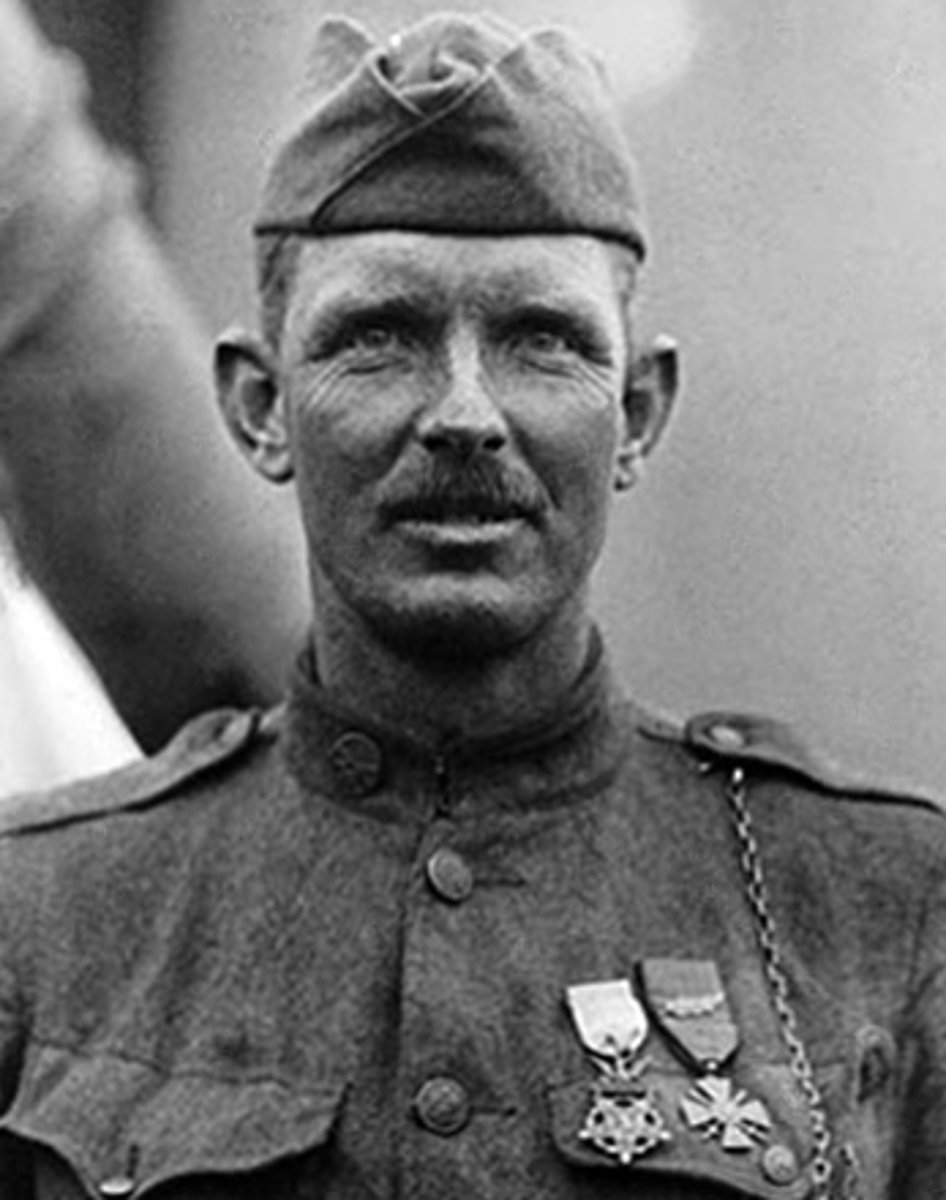
Sussex Pledge
German pledge to warn neutral ships and passenger vessels before attacking
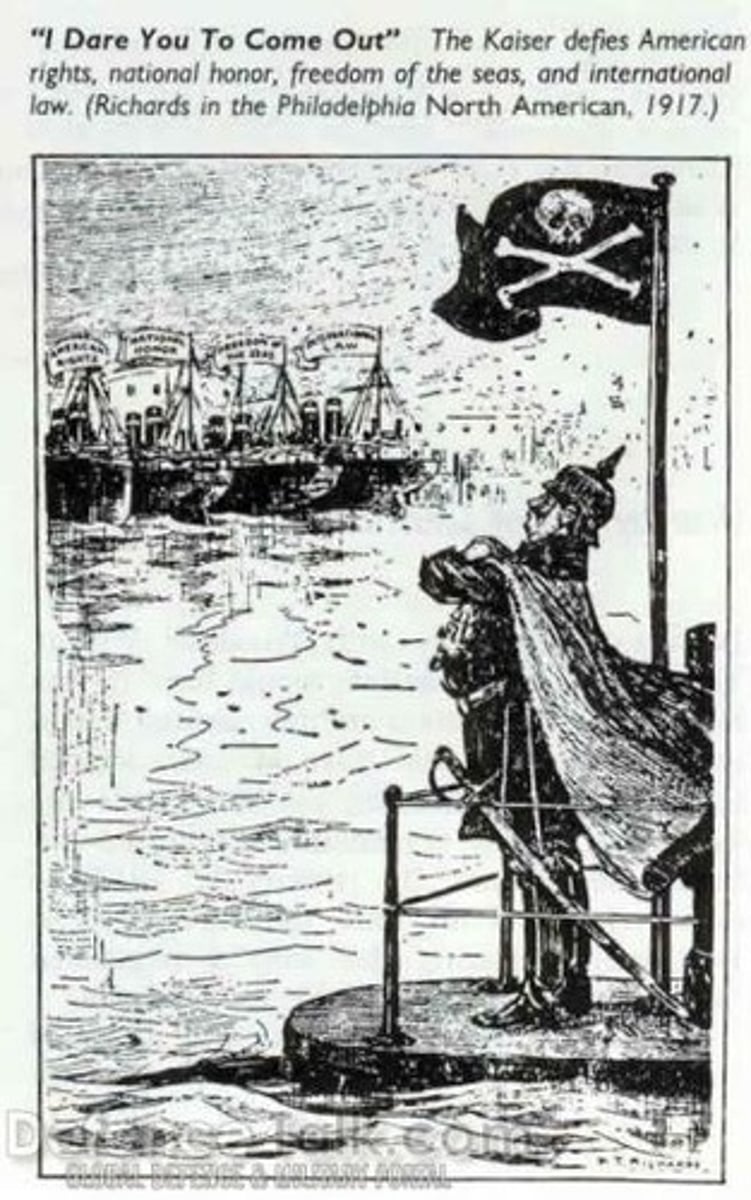
Sinking of the Lusitania
Cruise ship that was sunk by German submarines and helped bring the US closer to involvement in WWI
